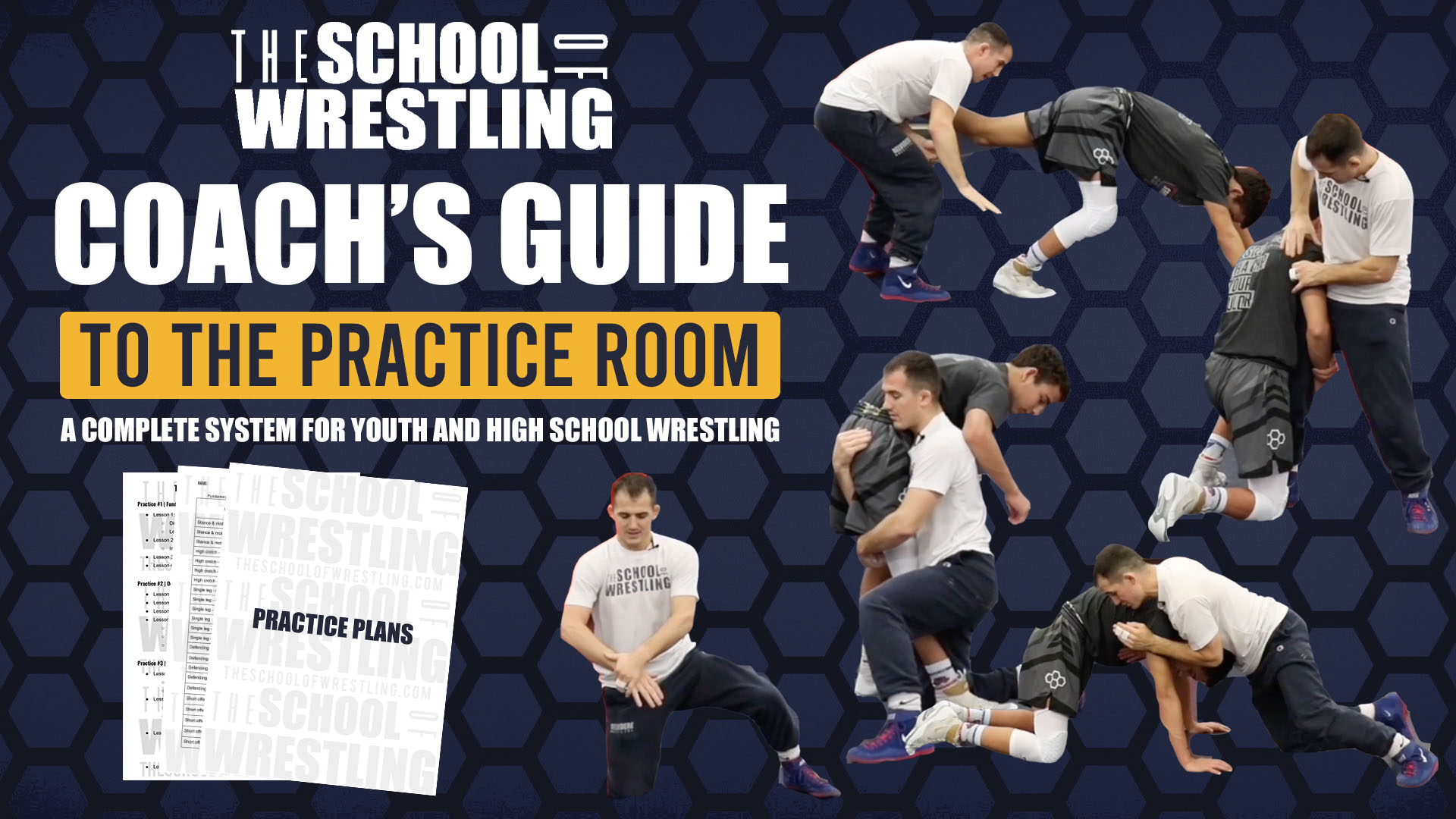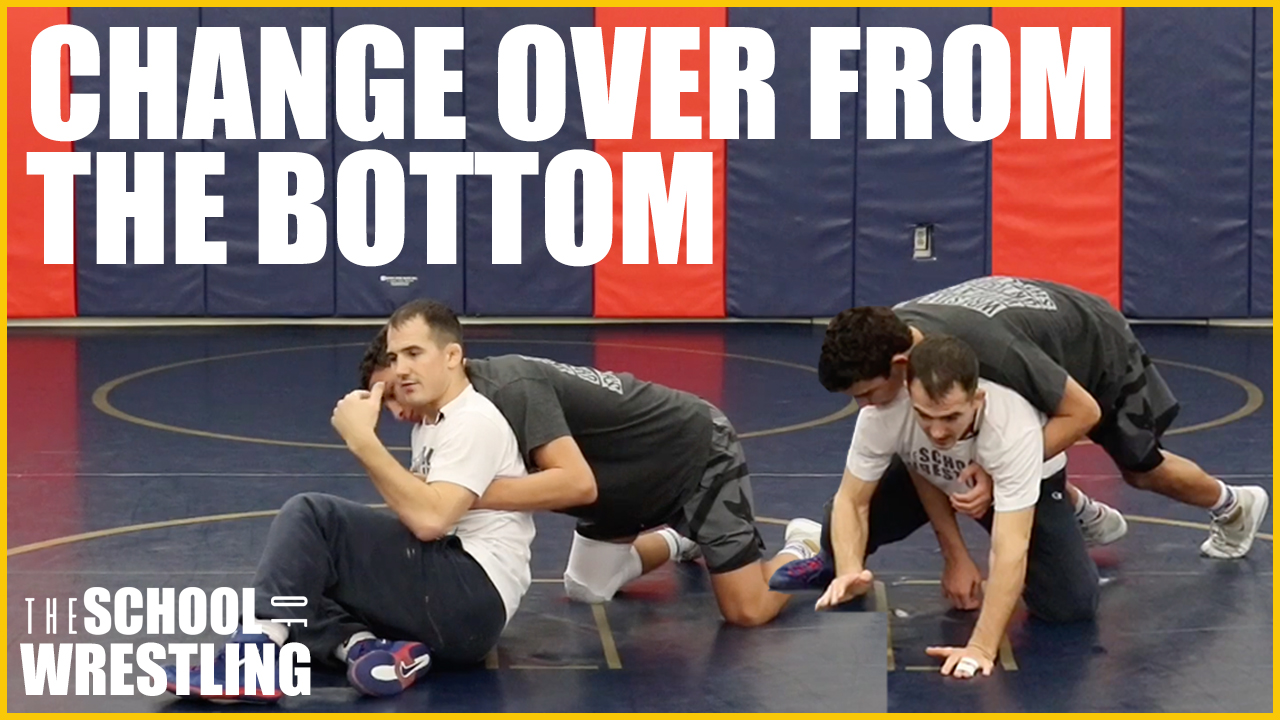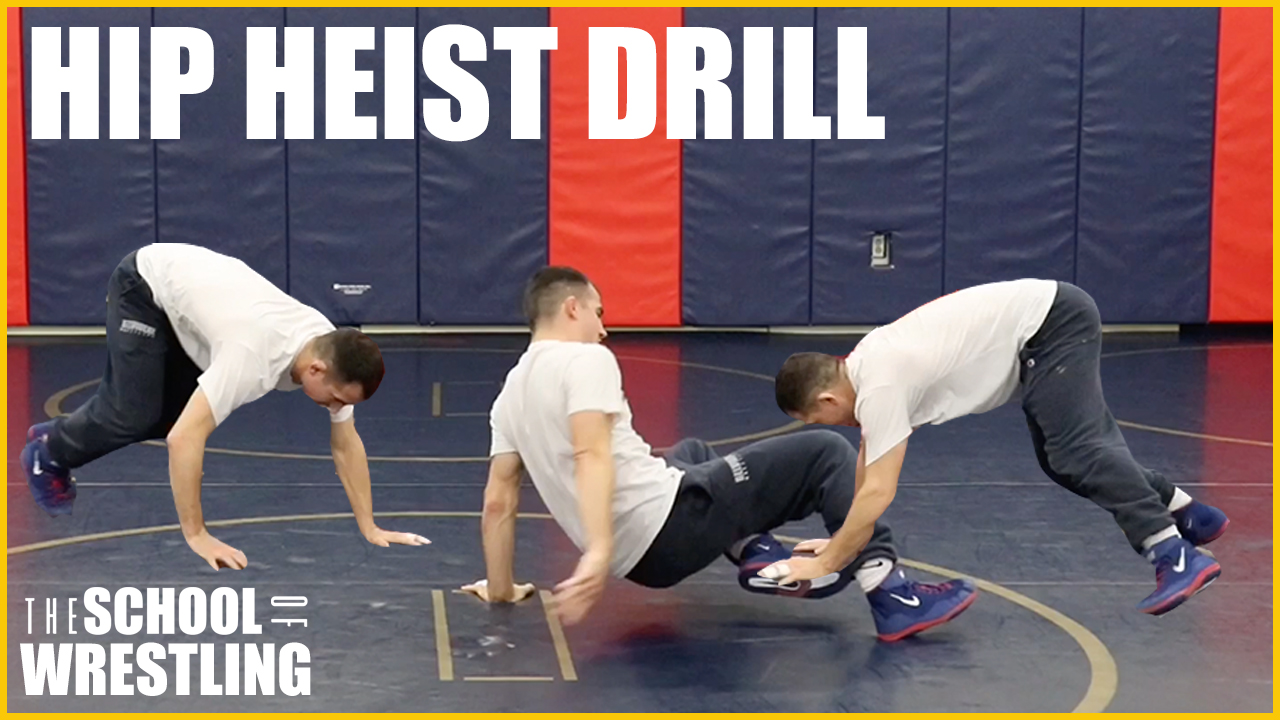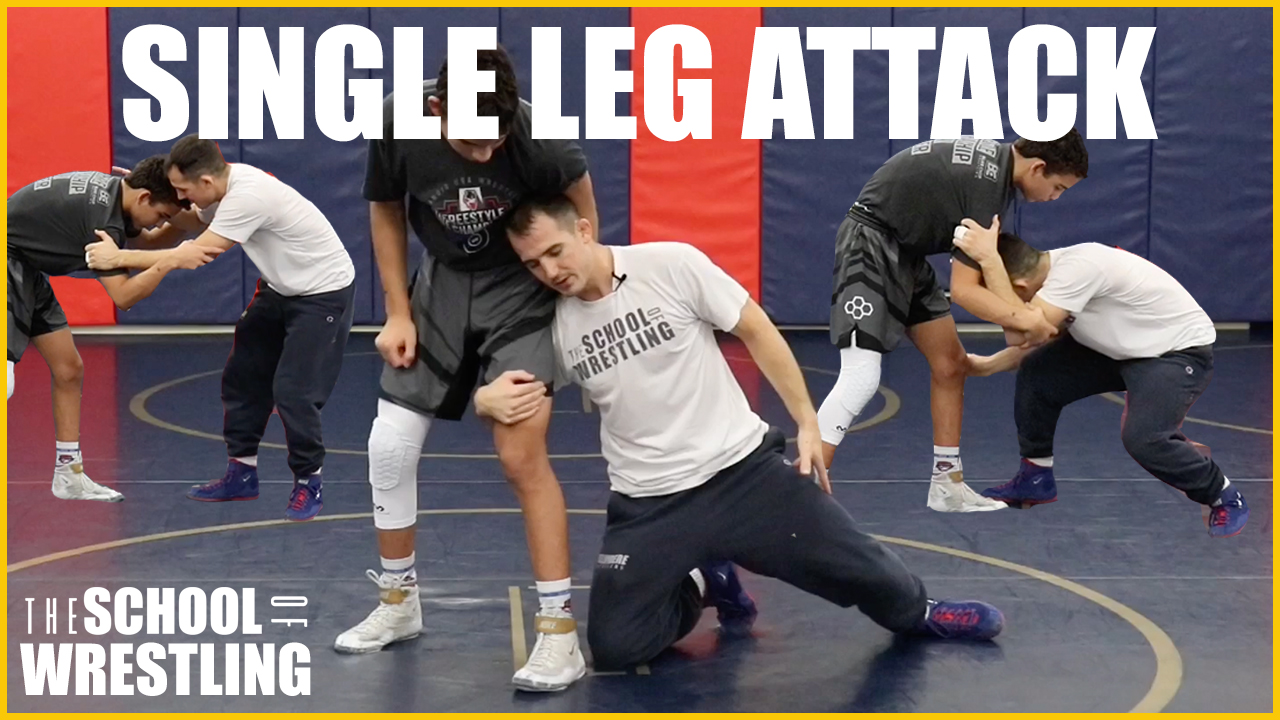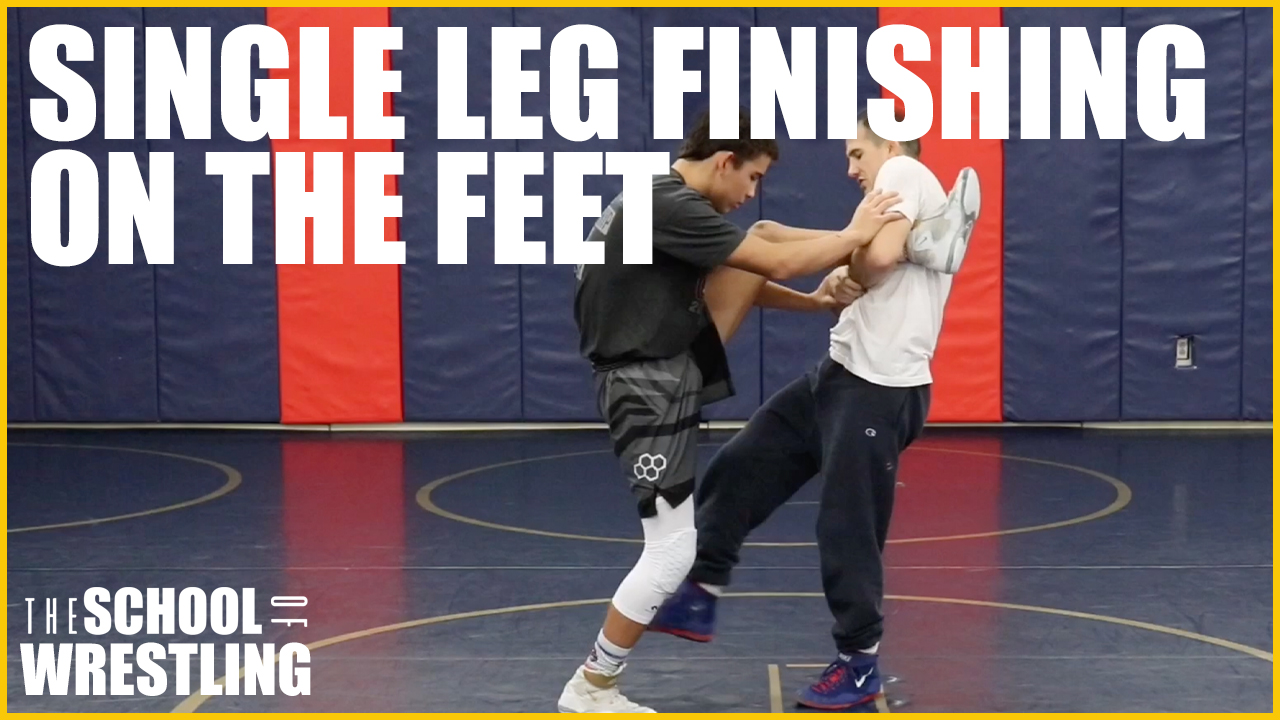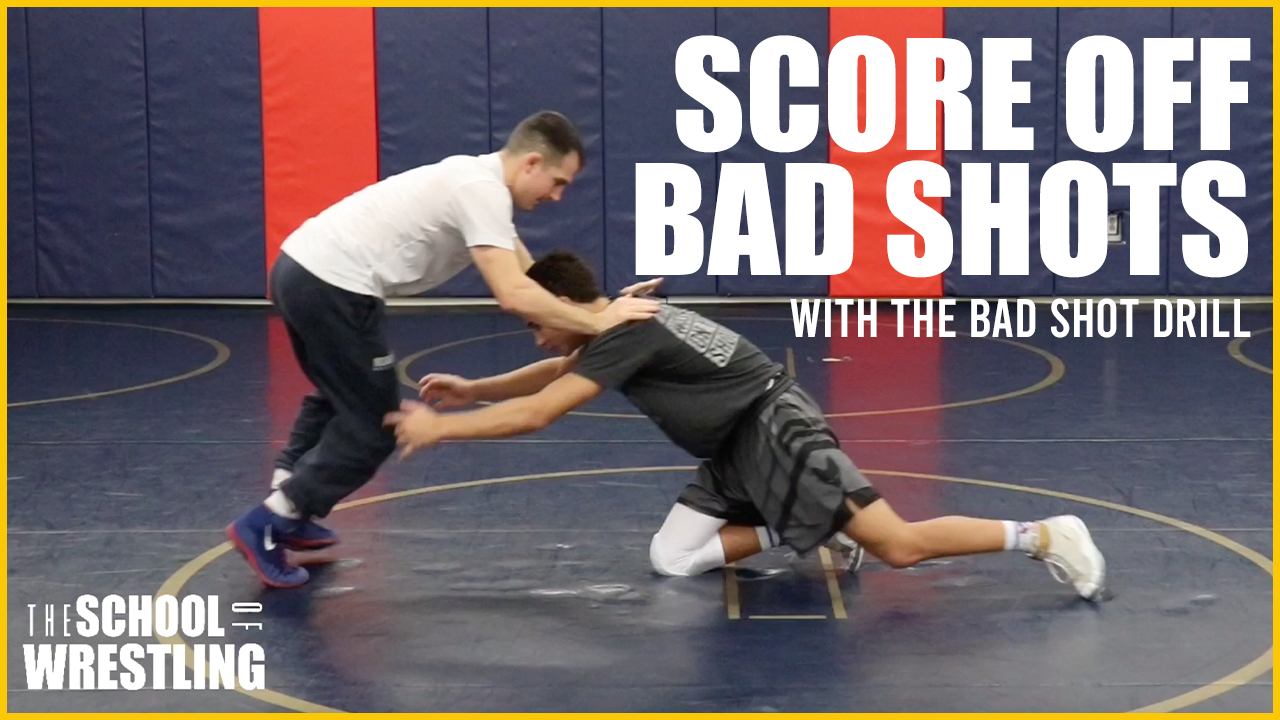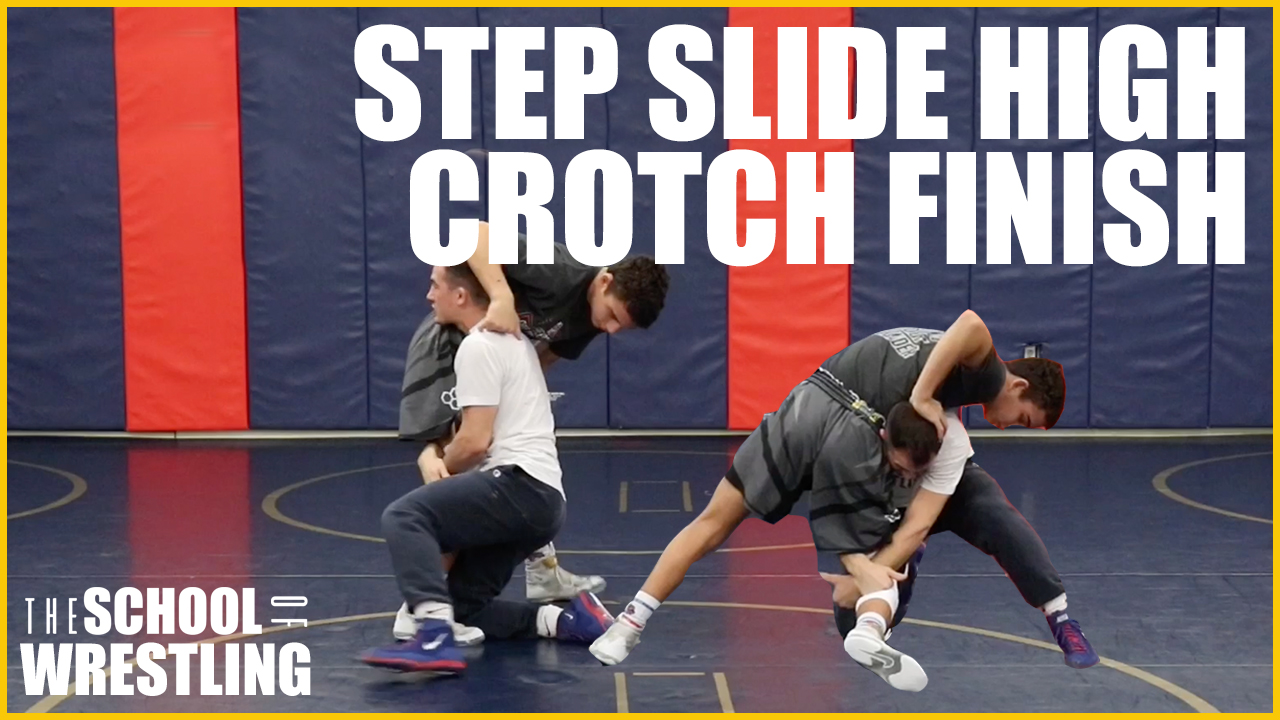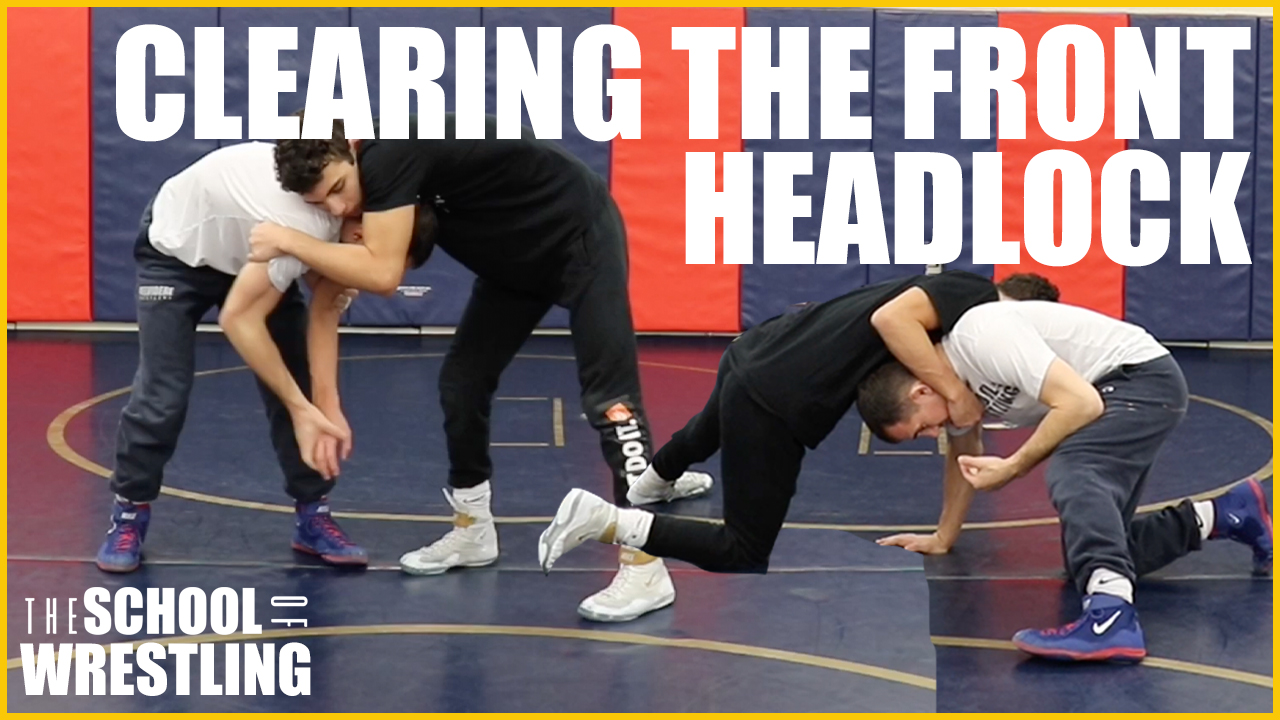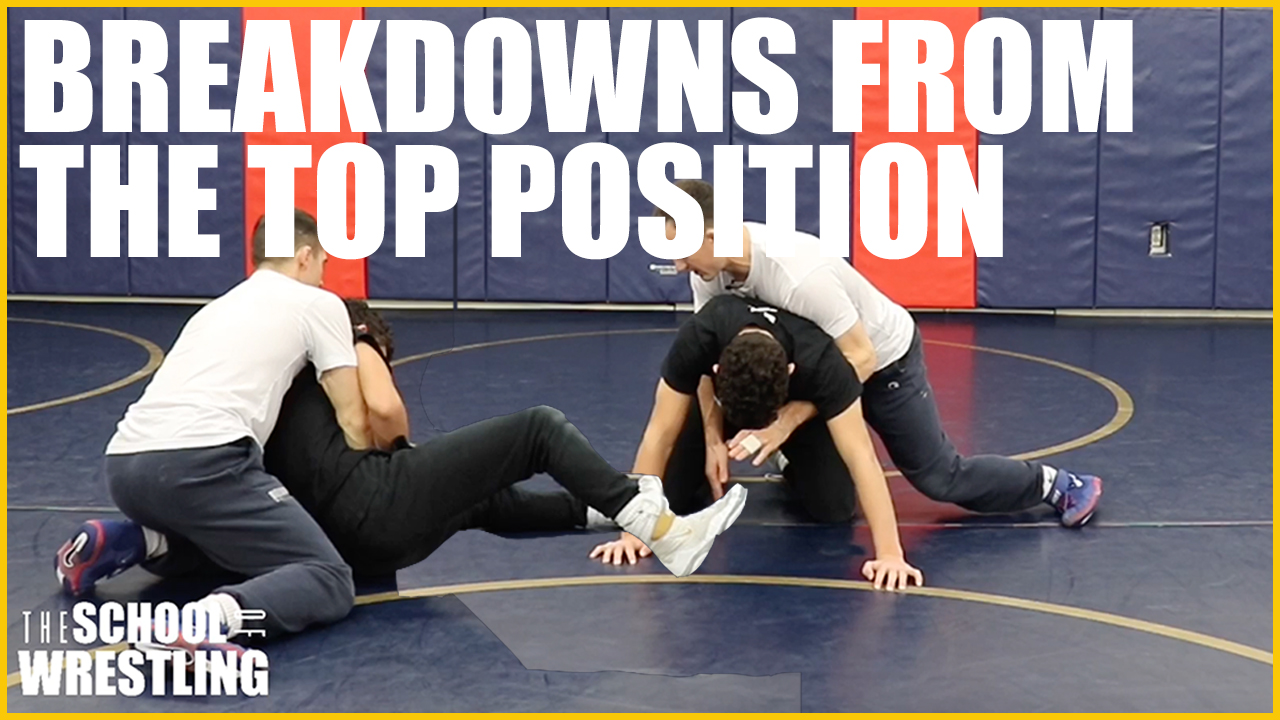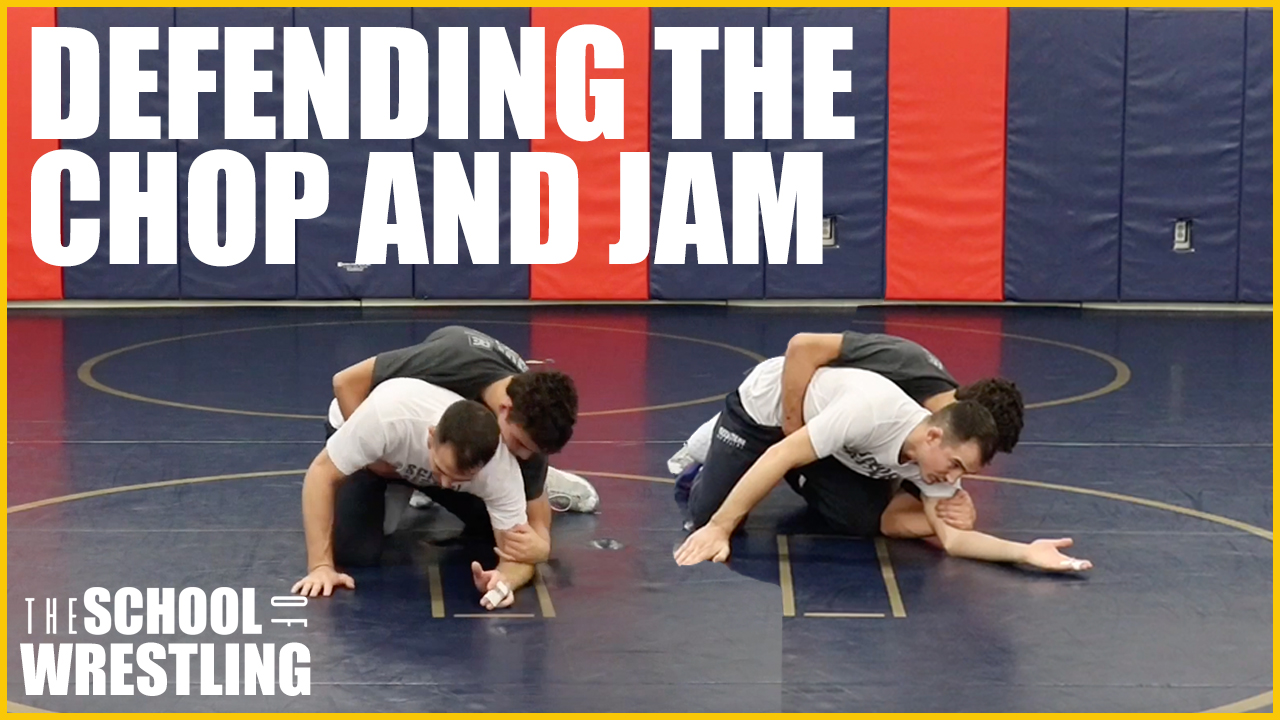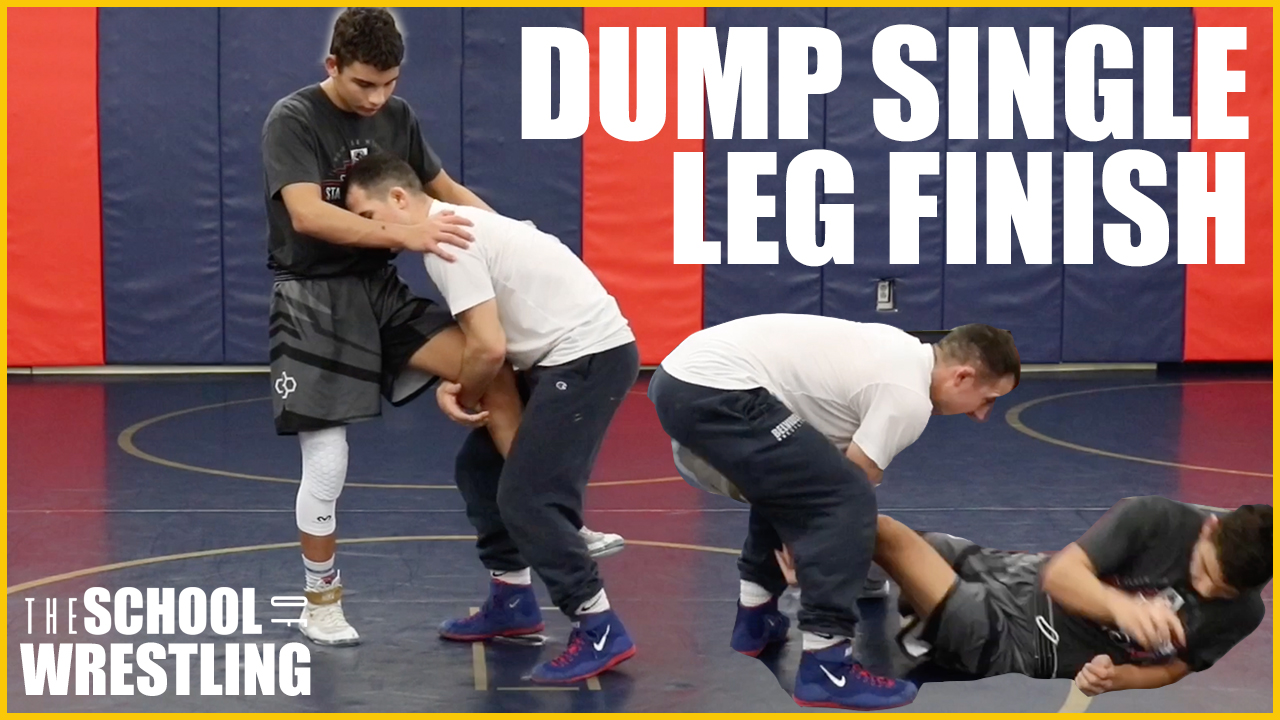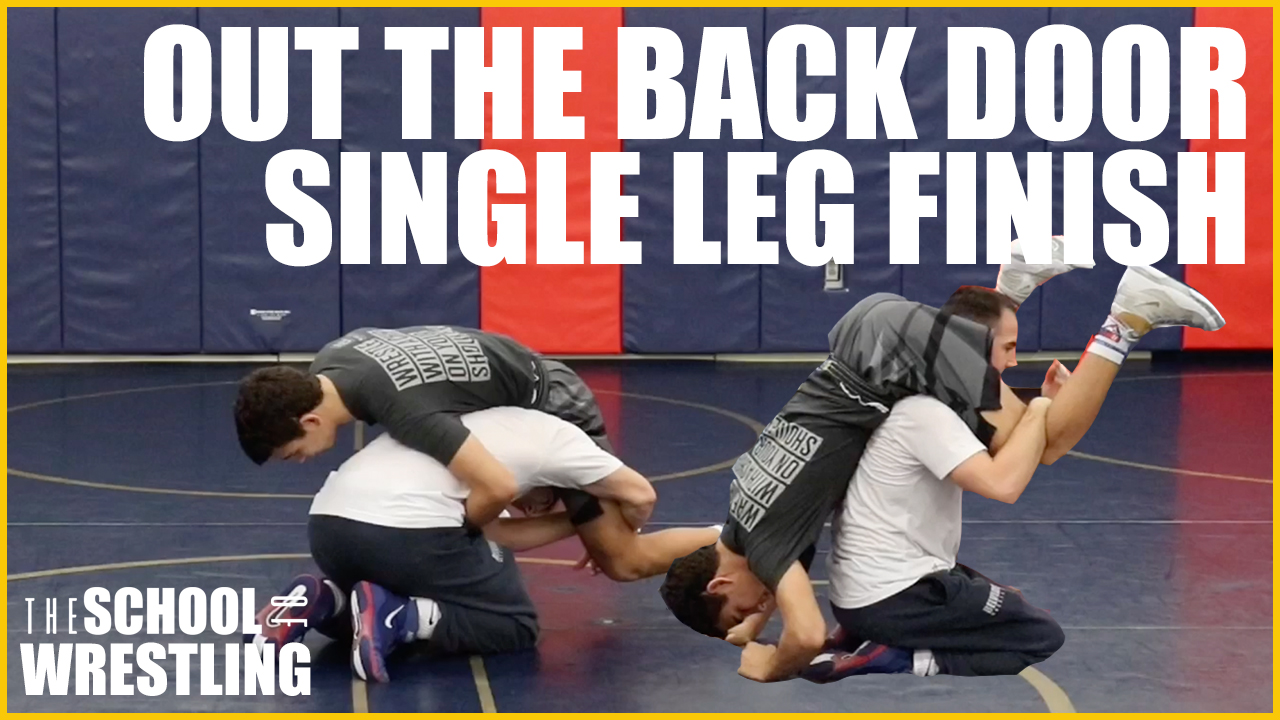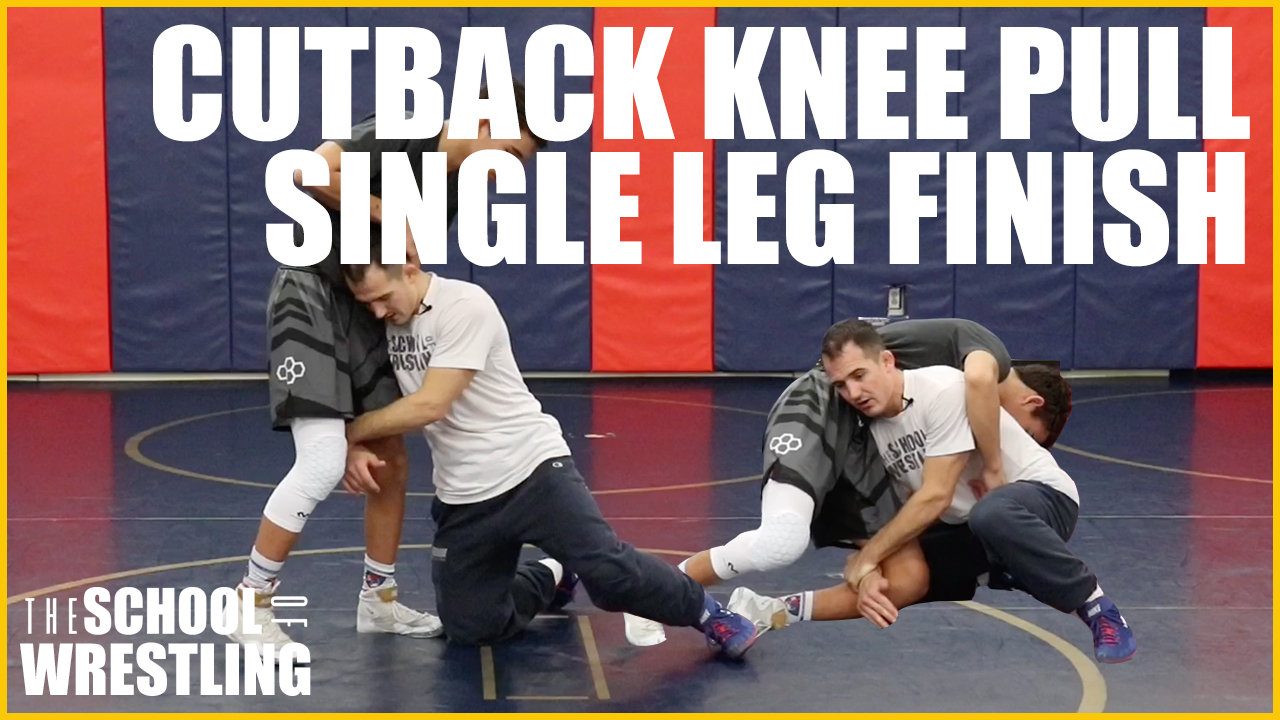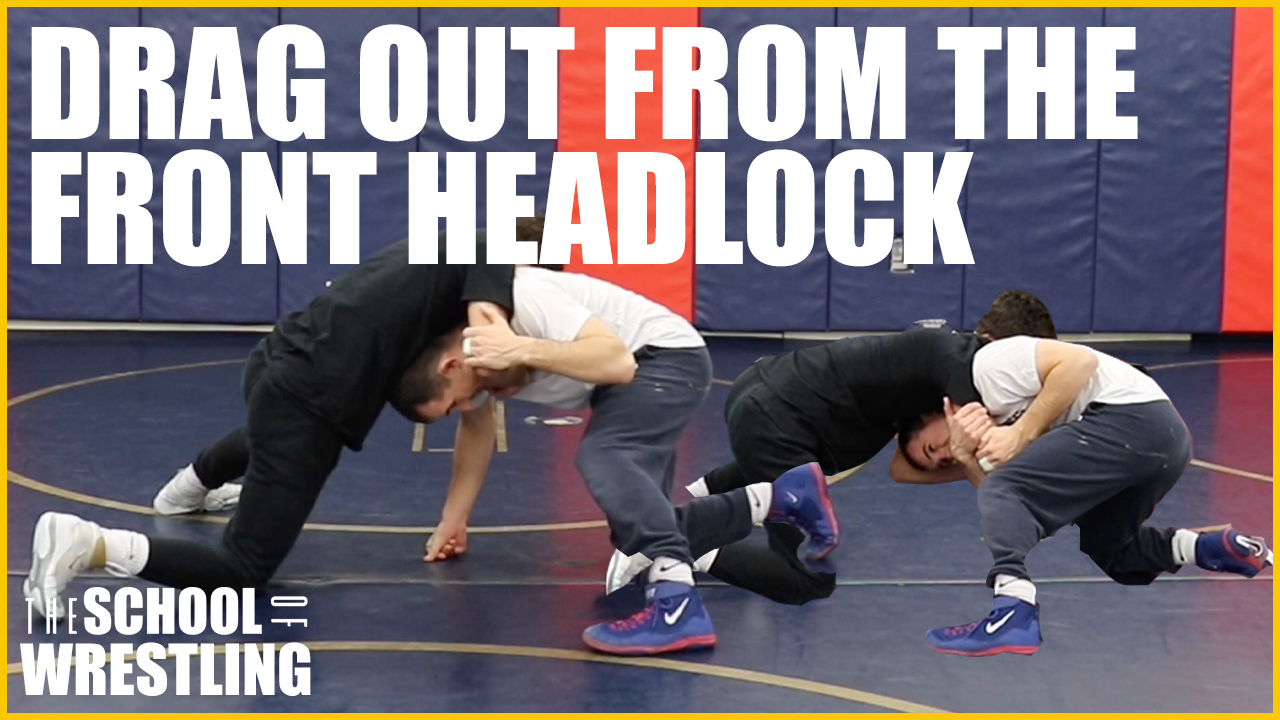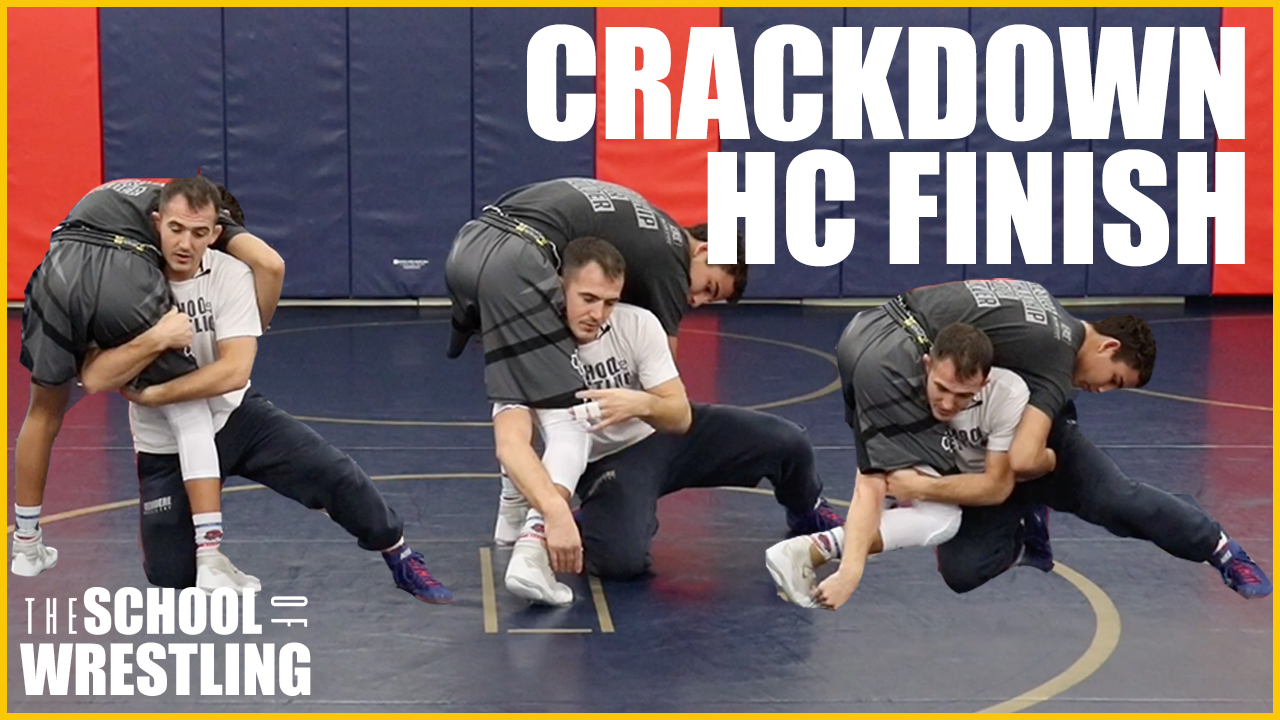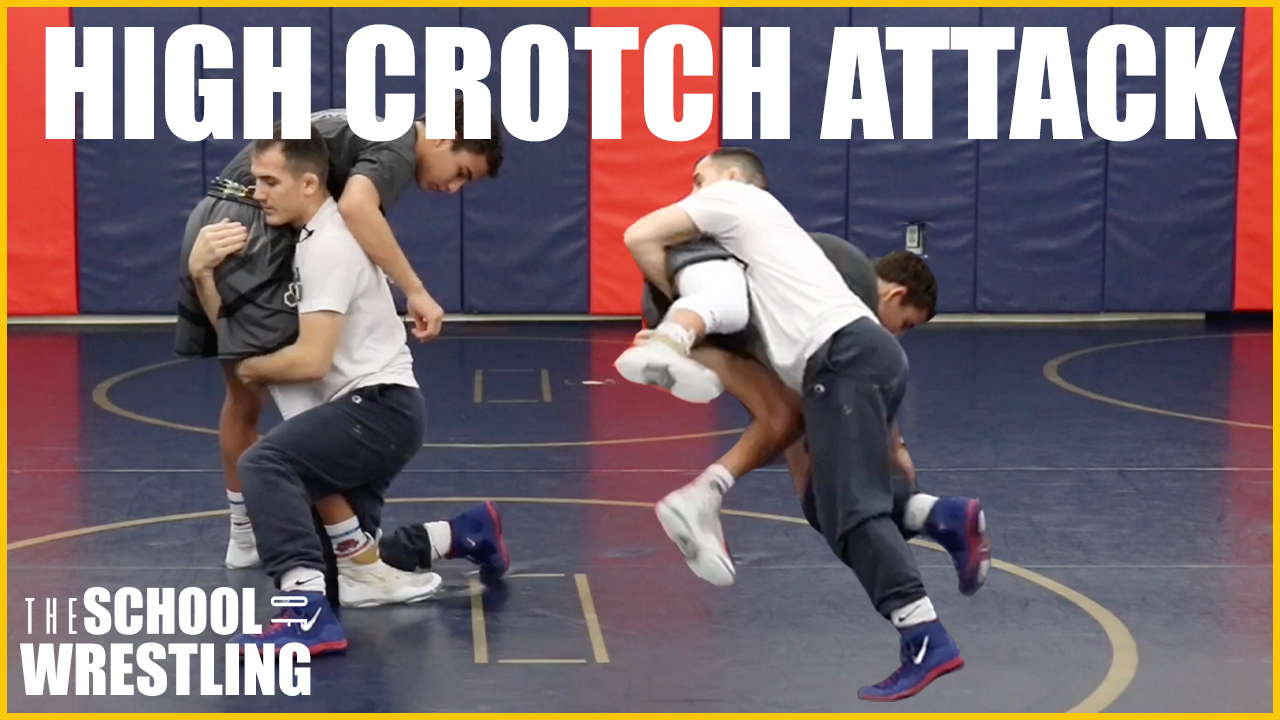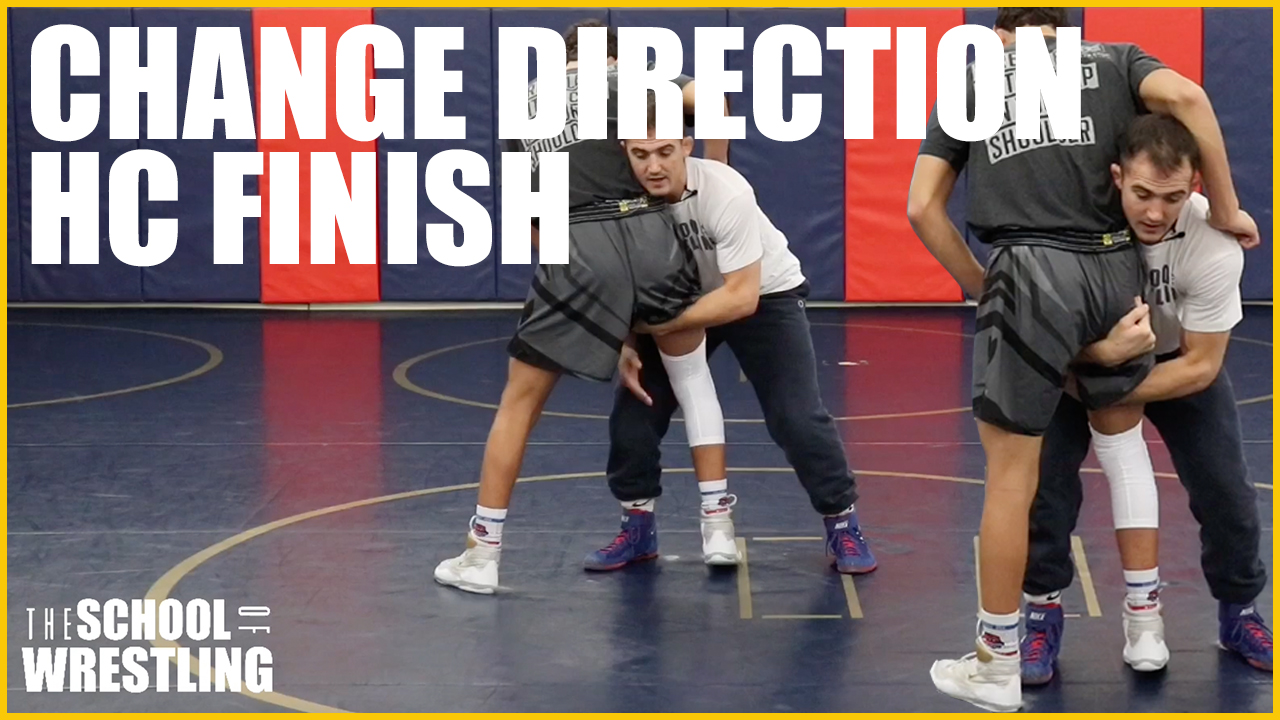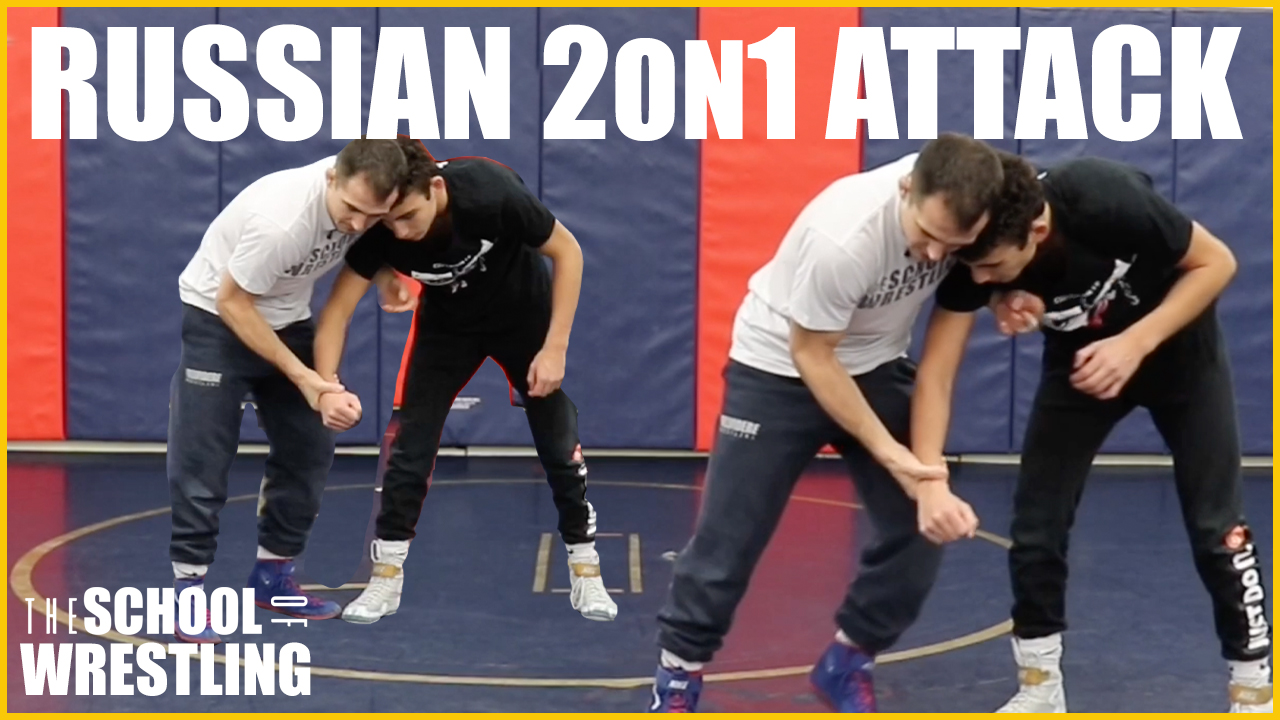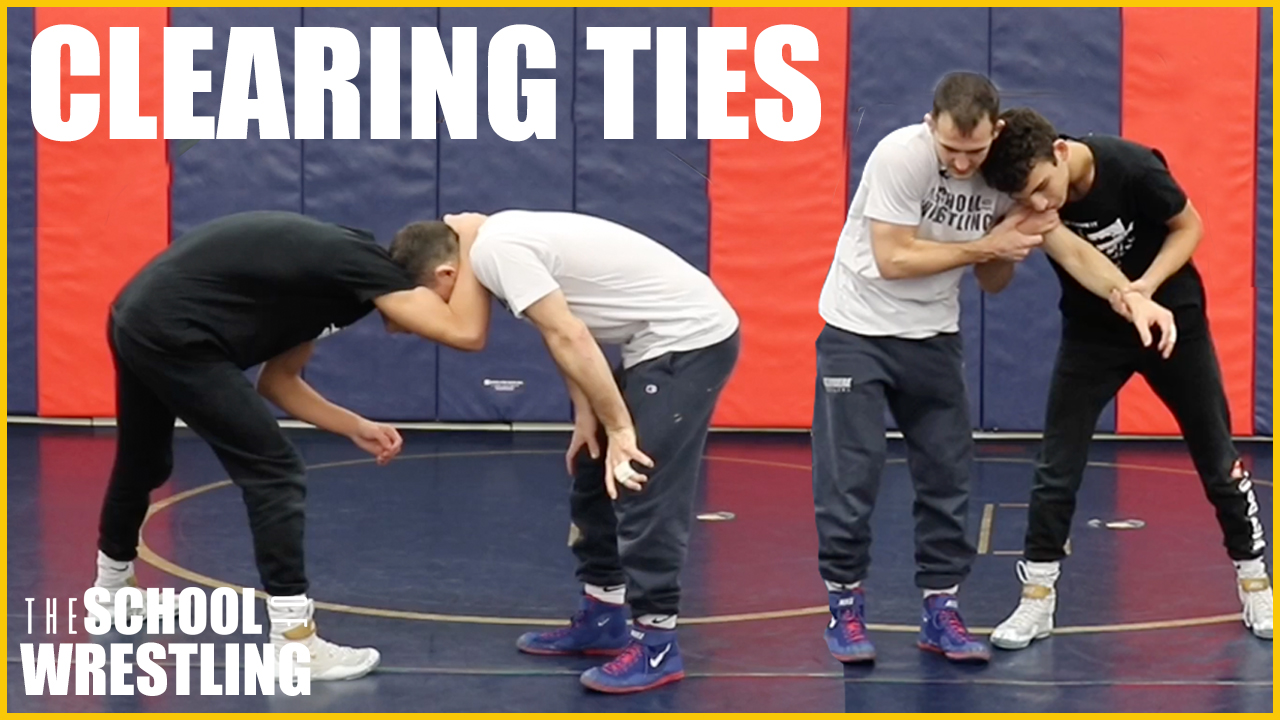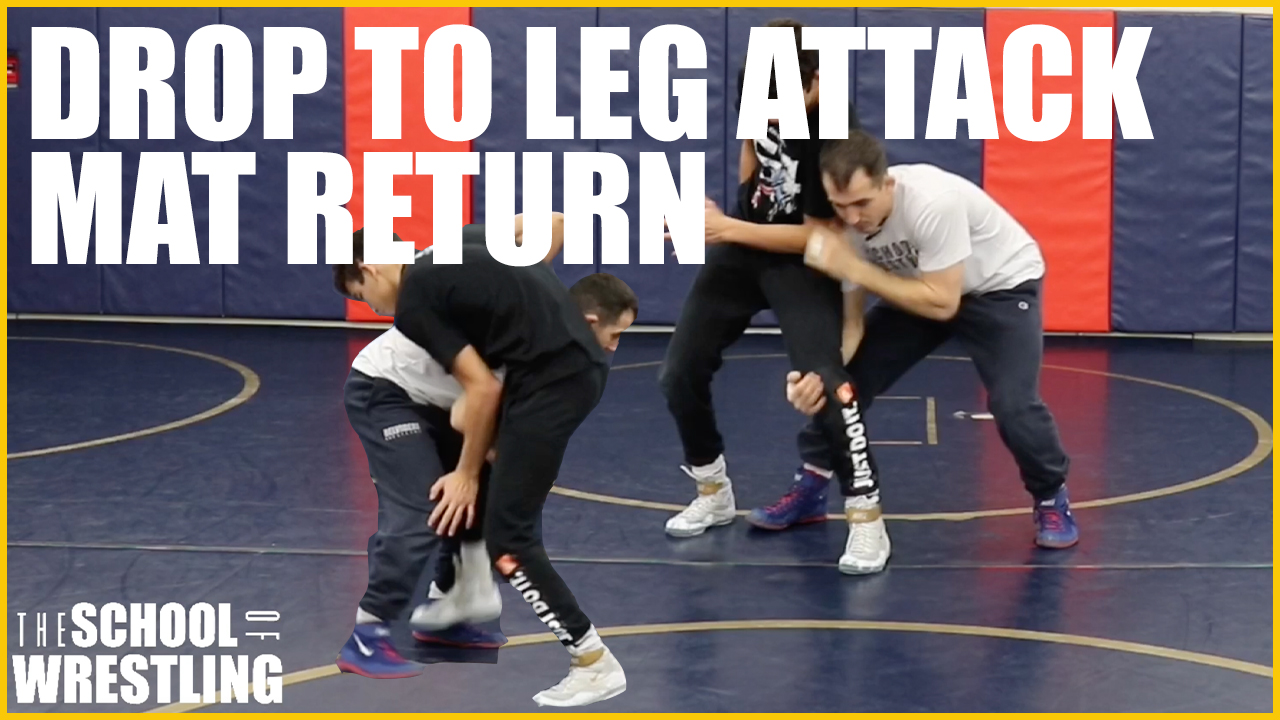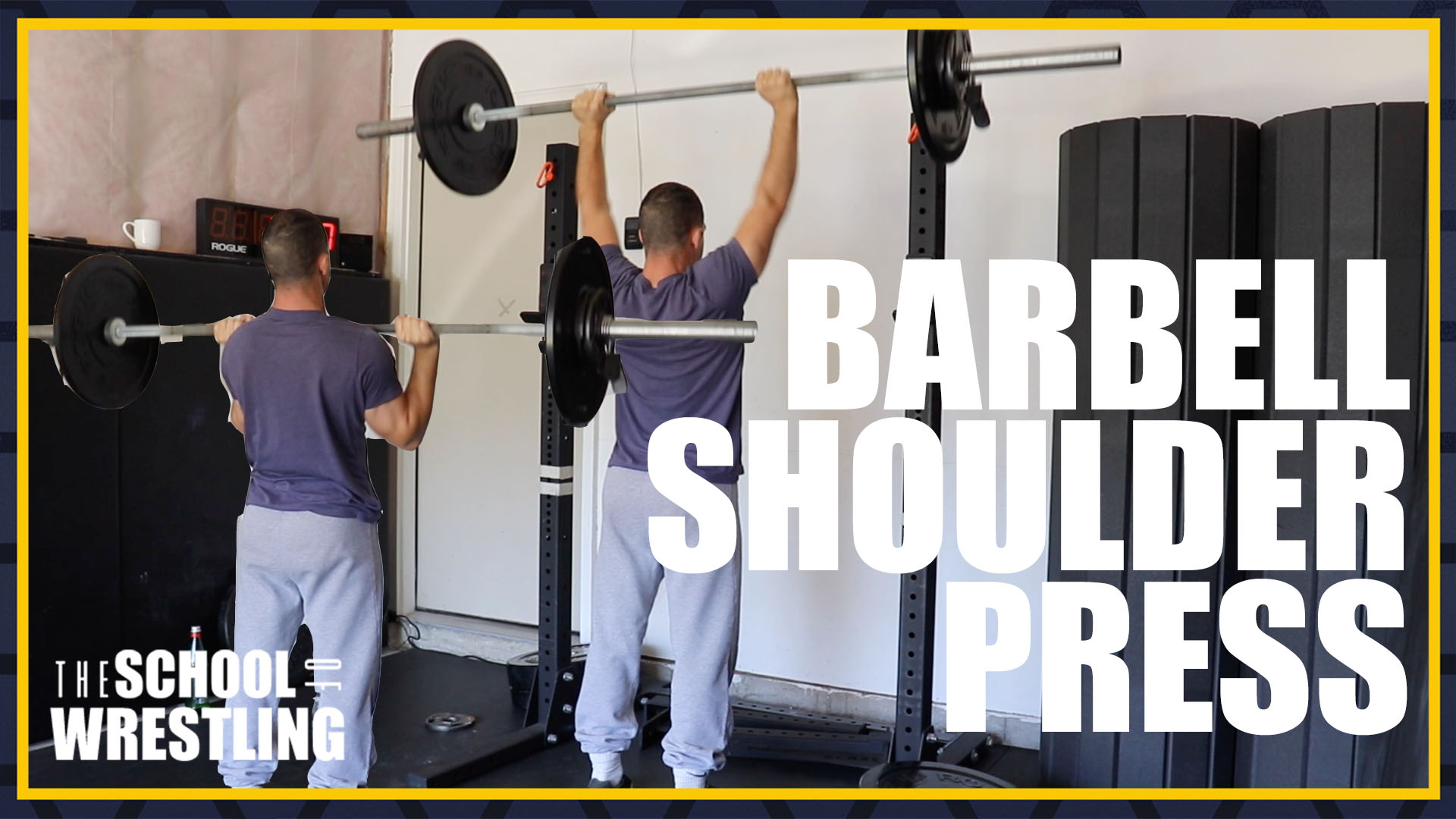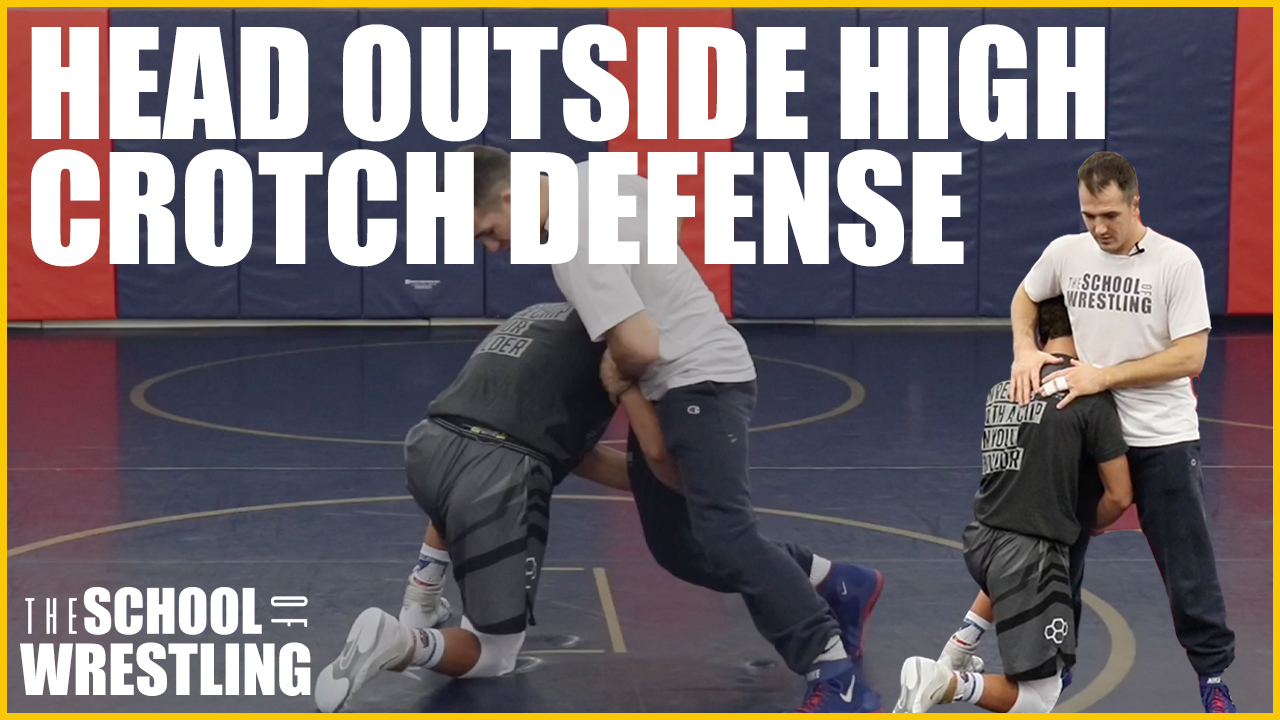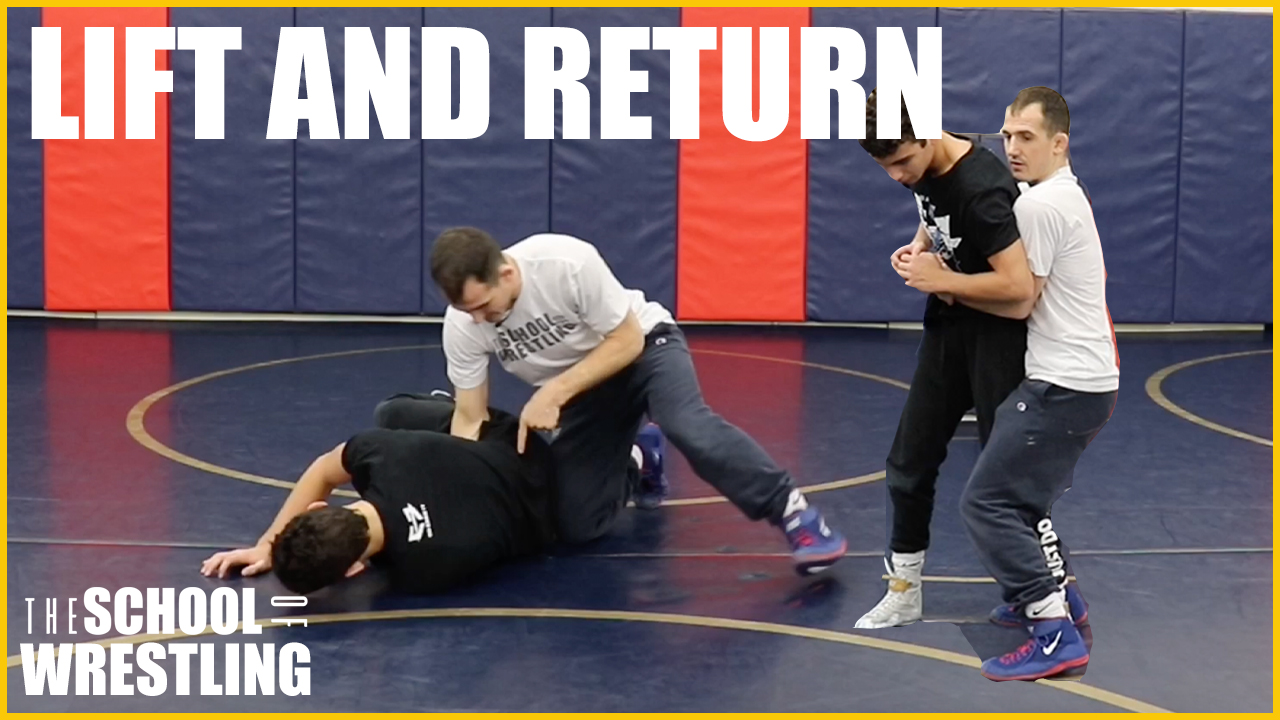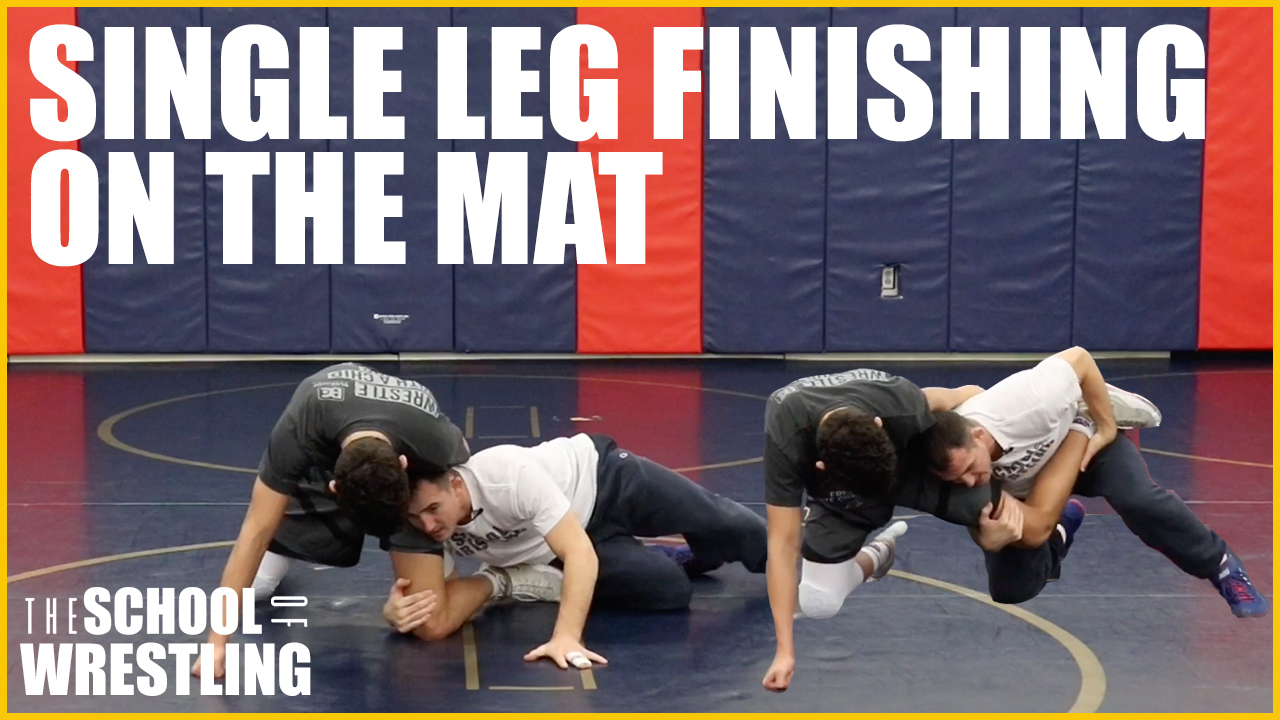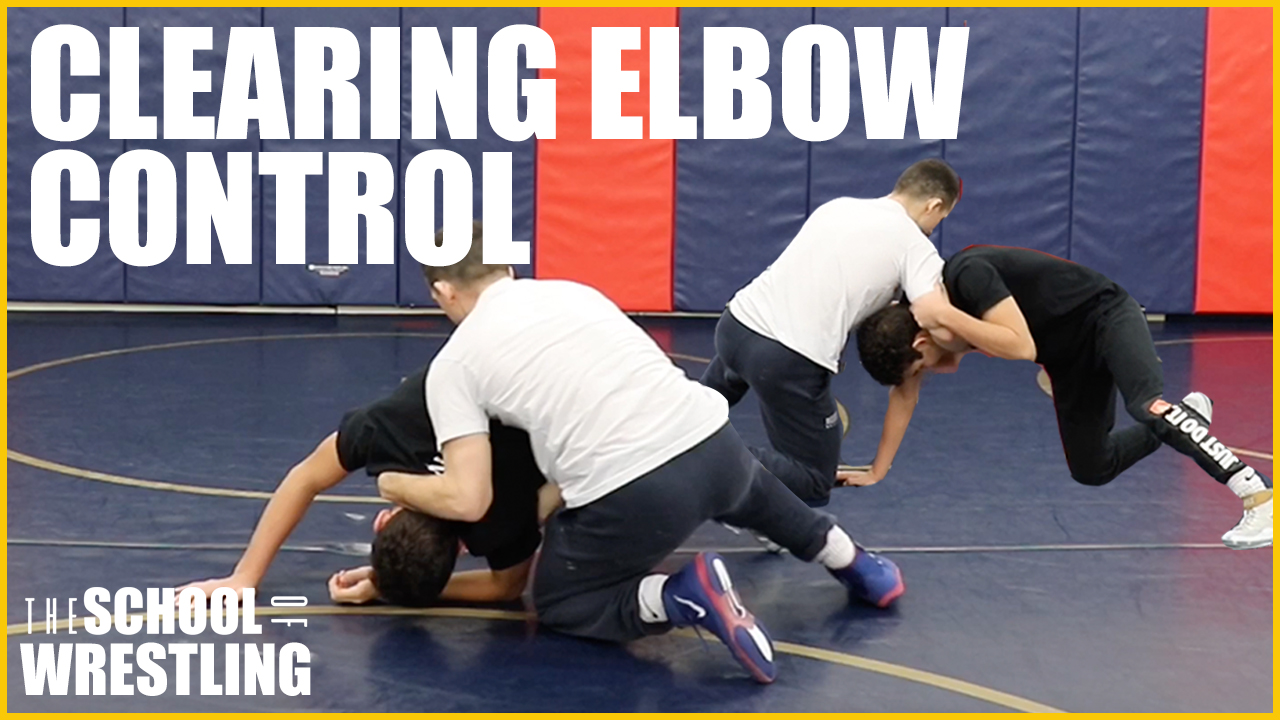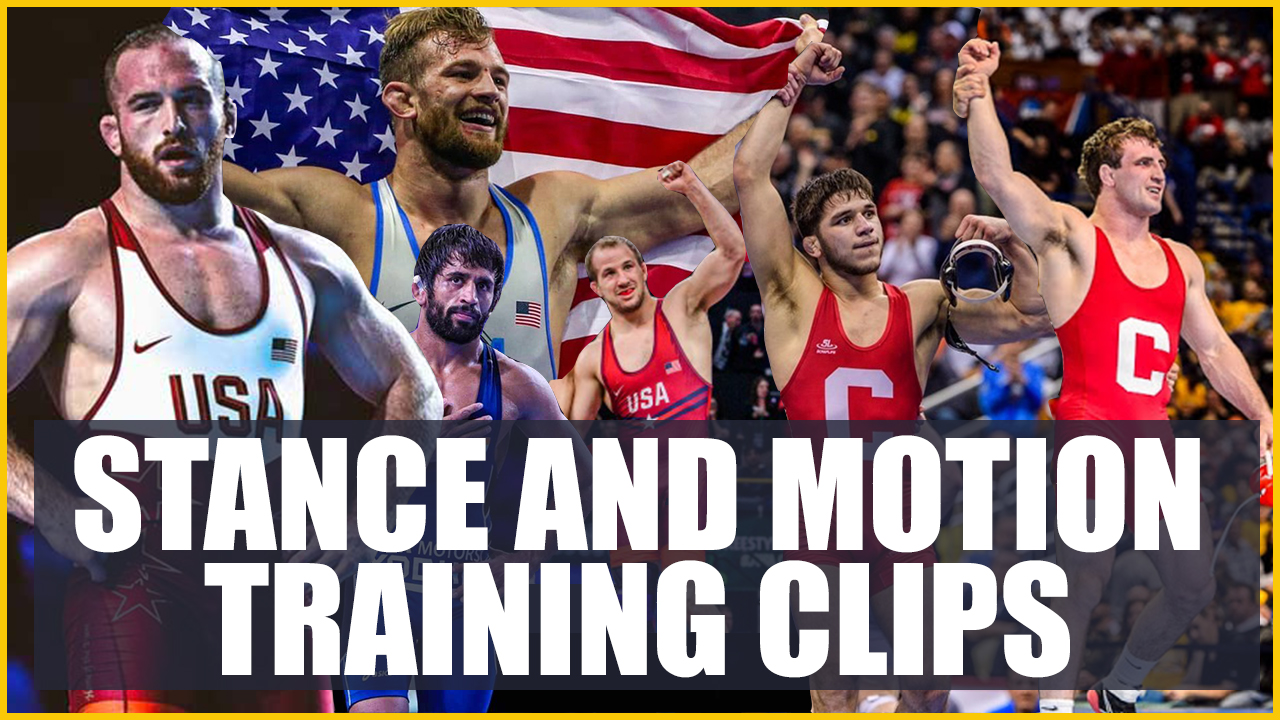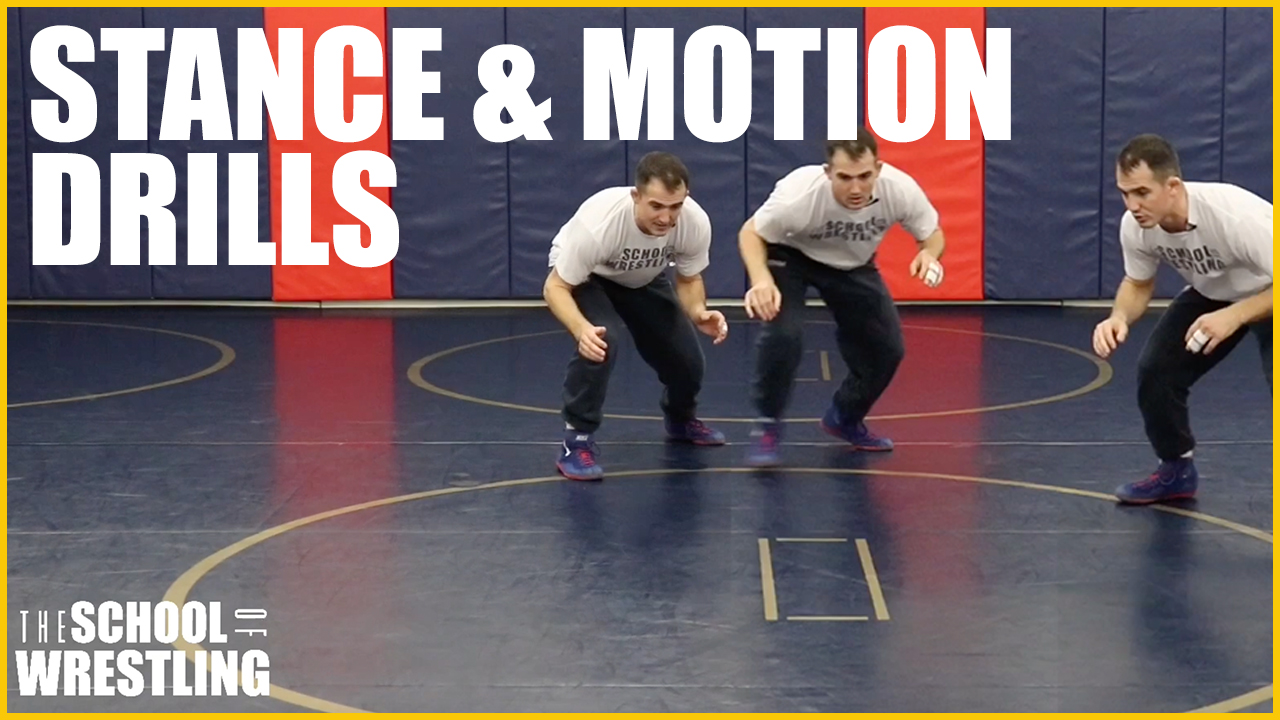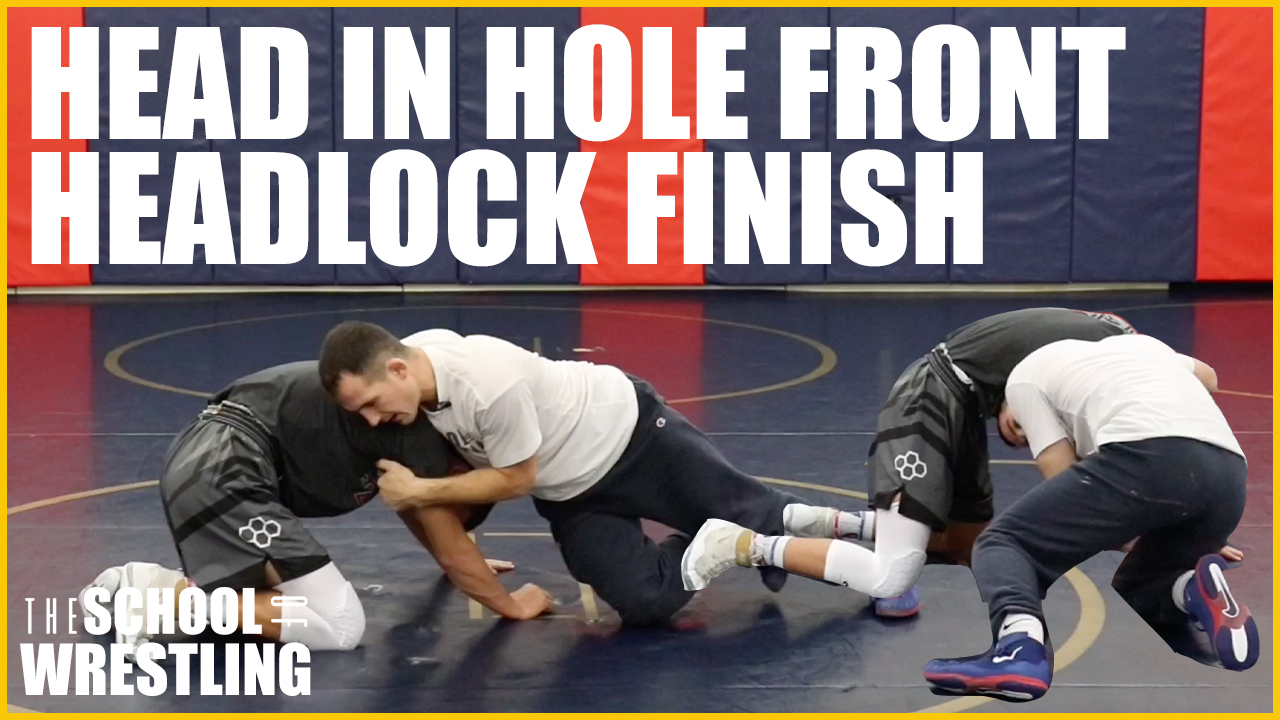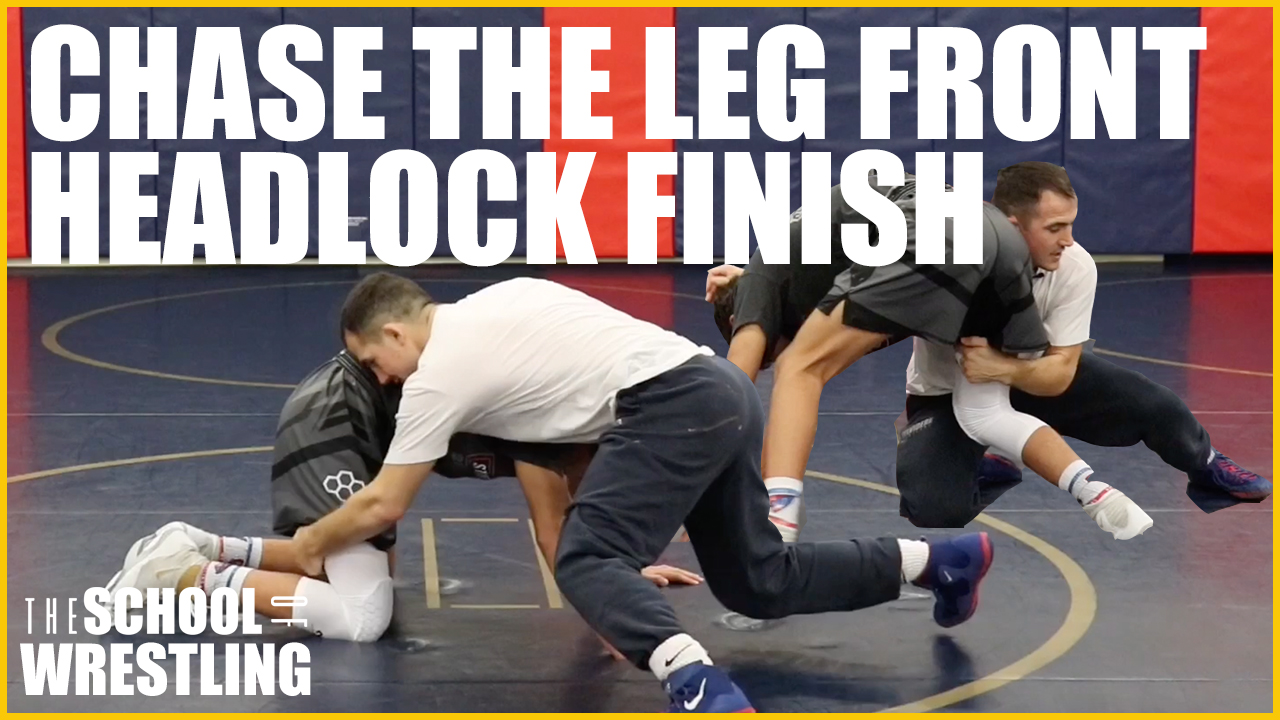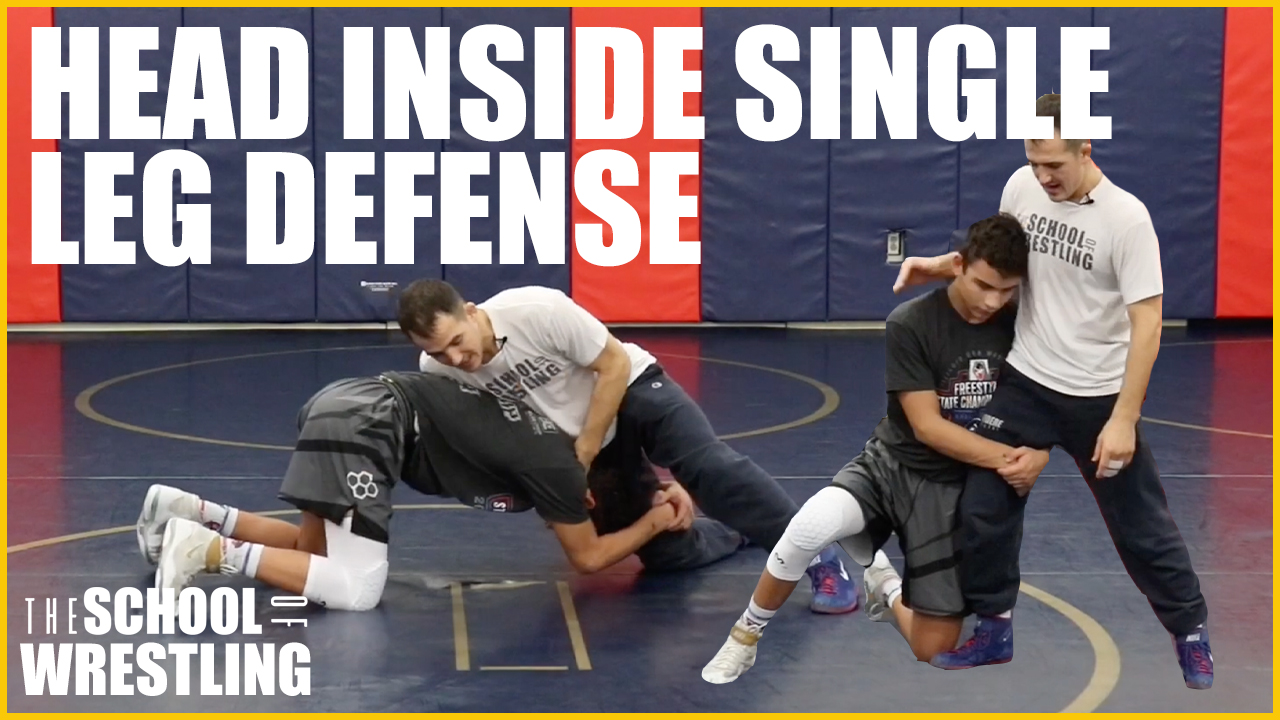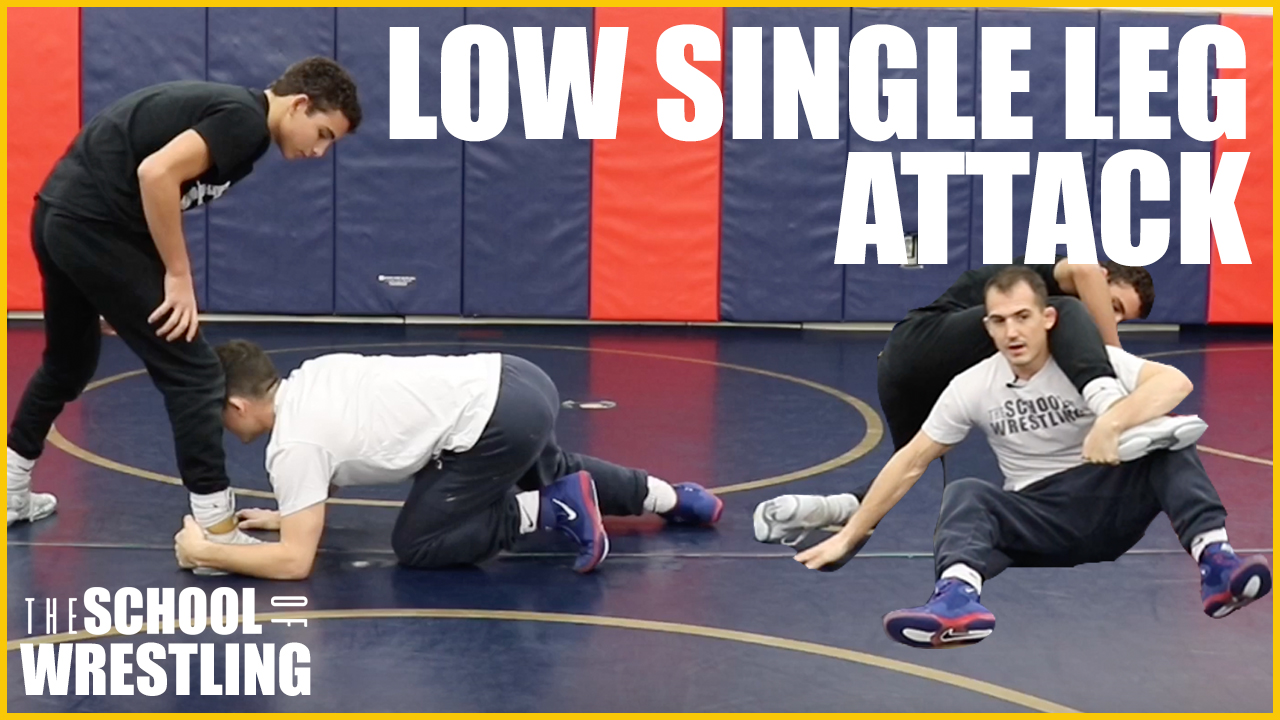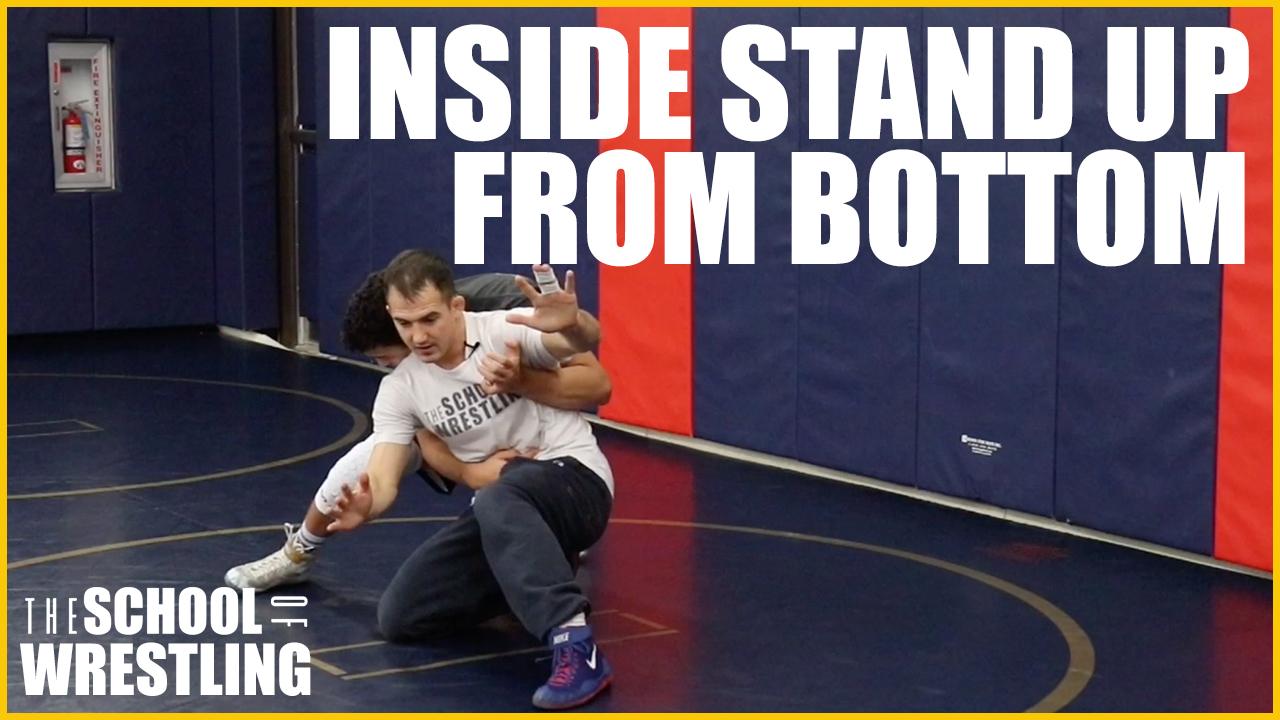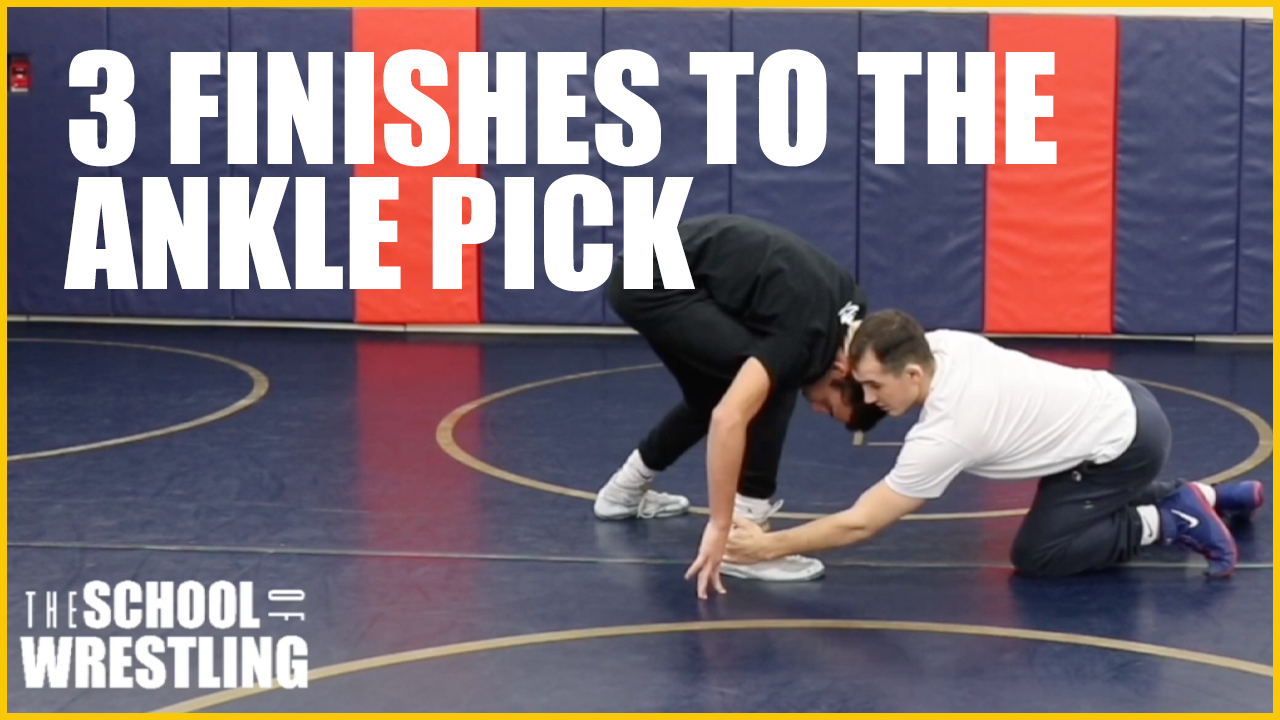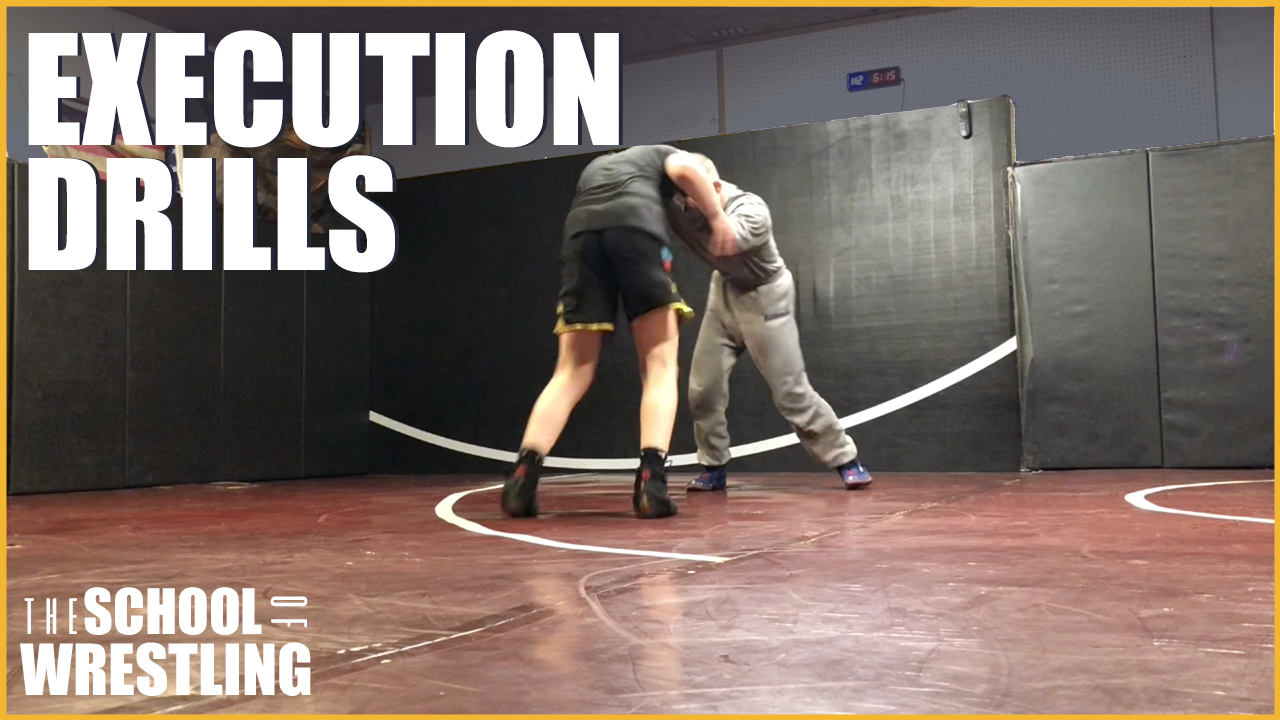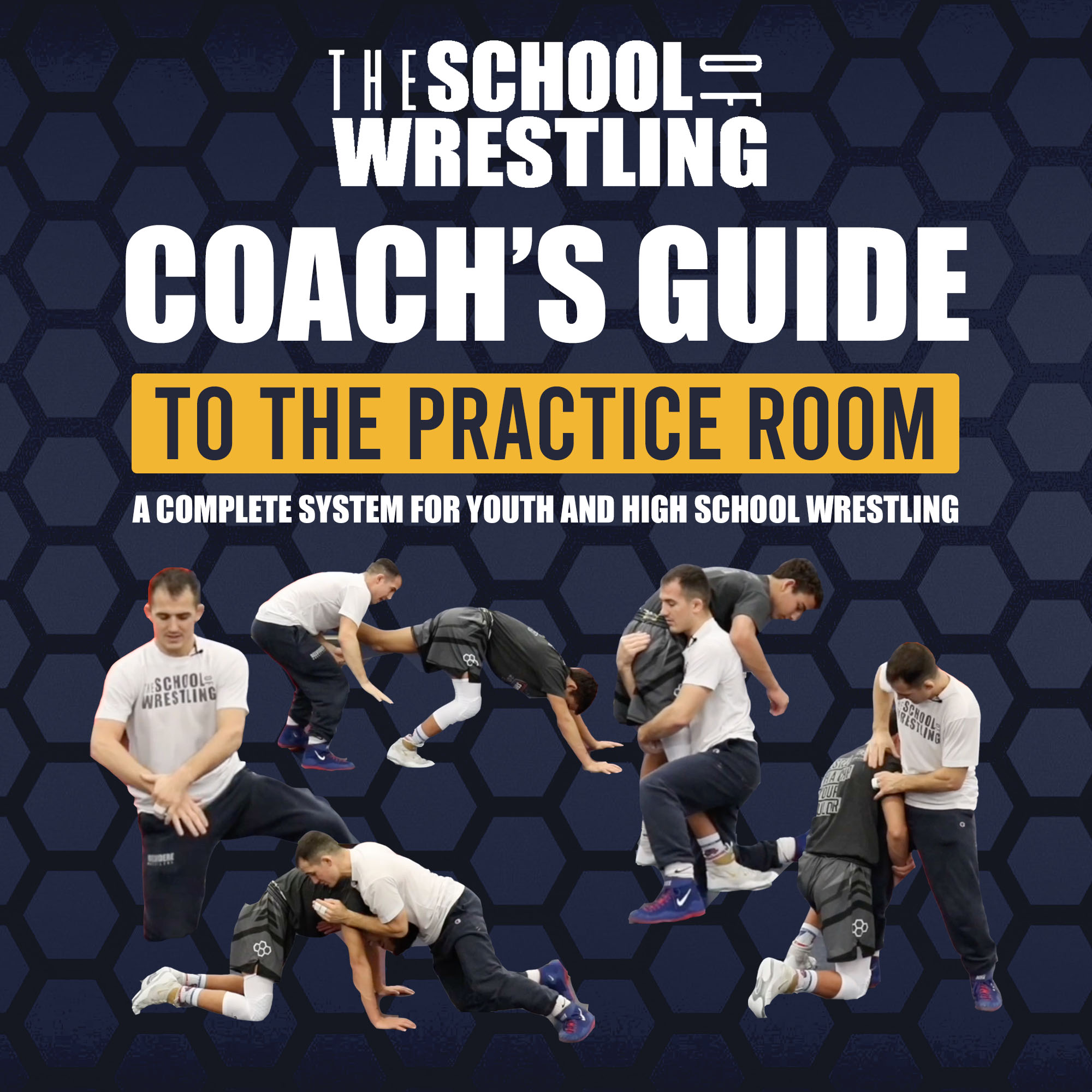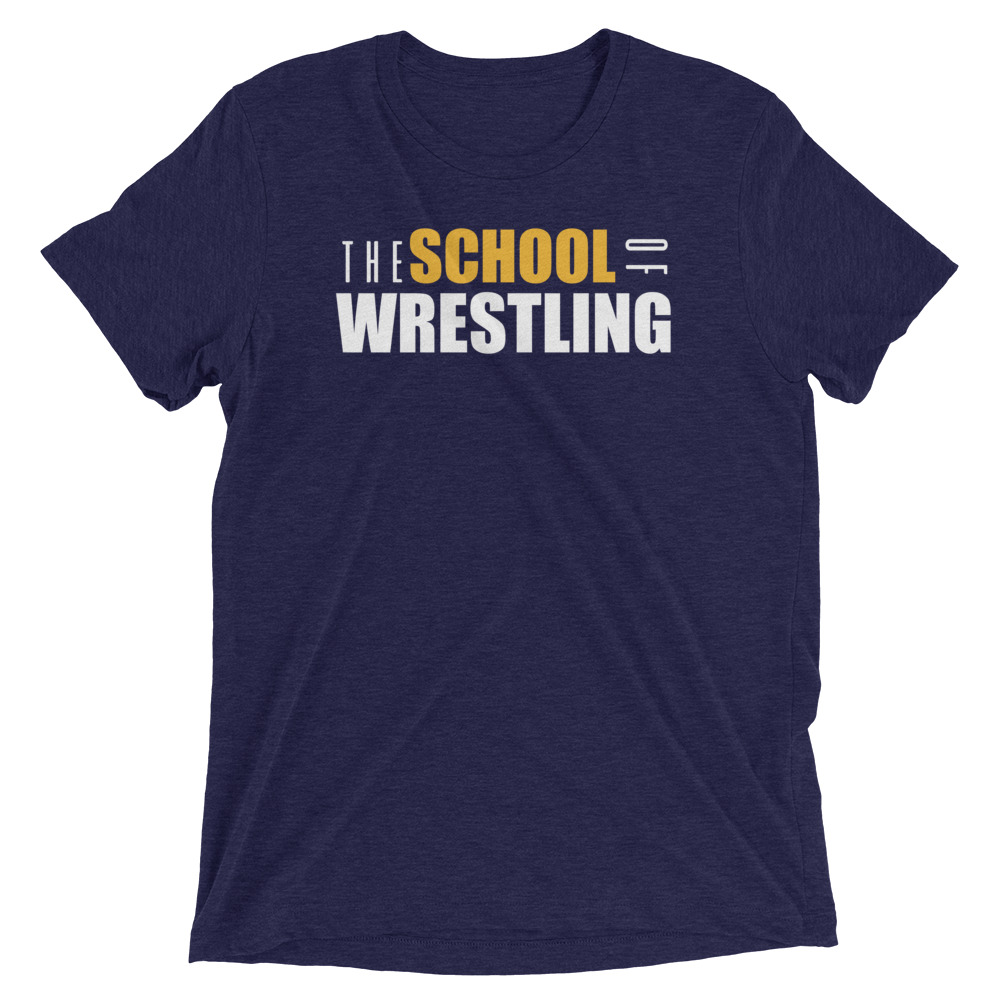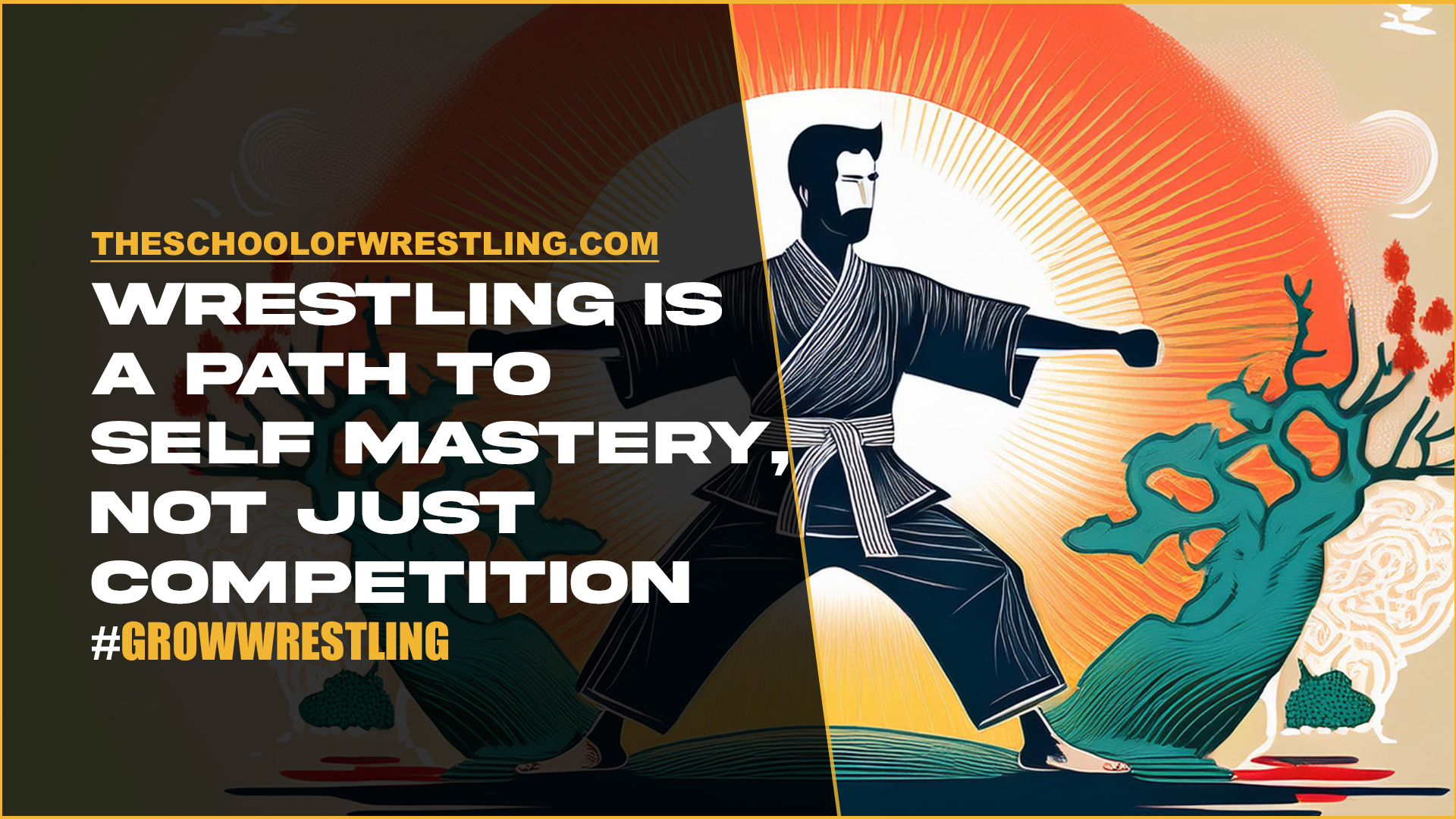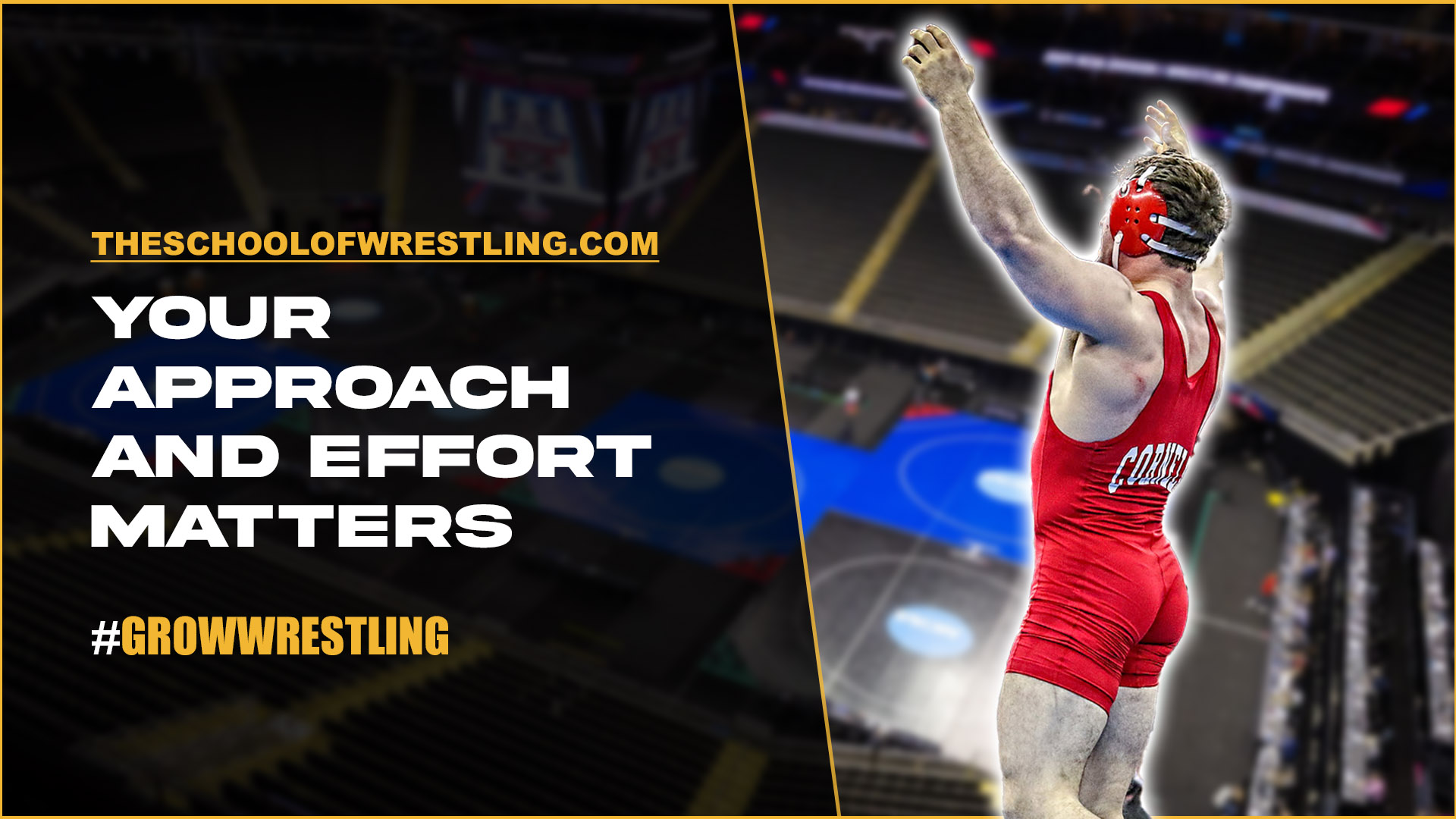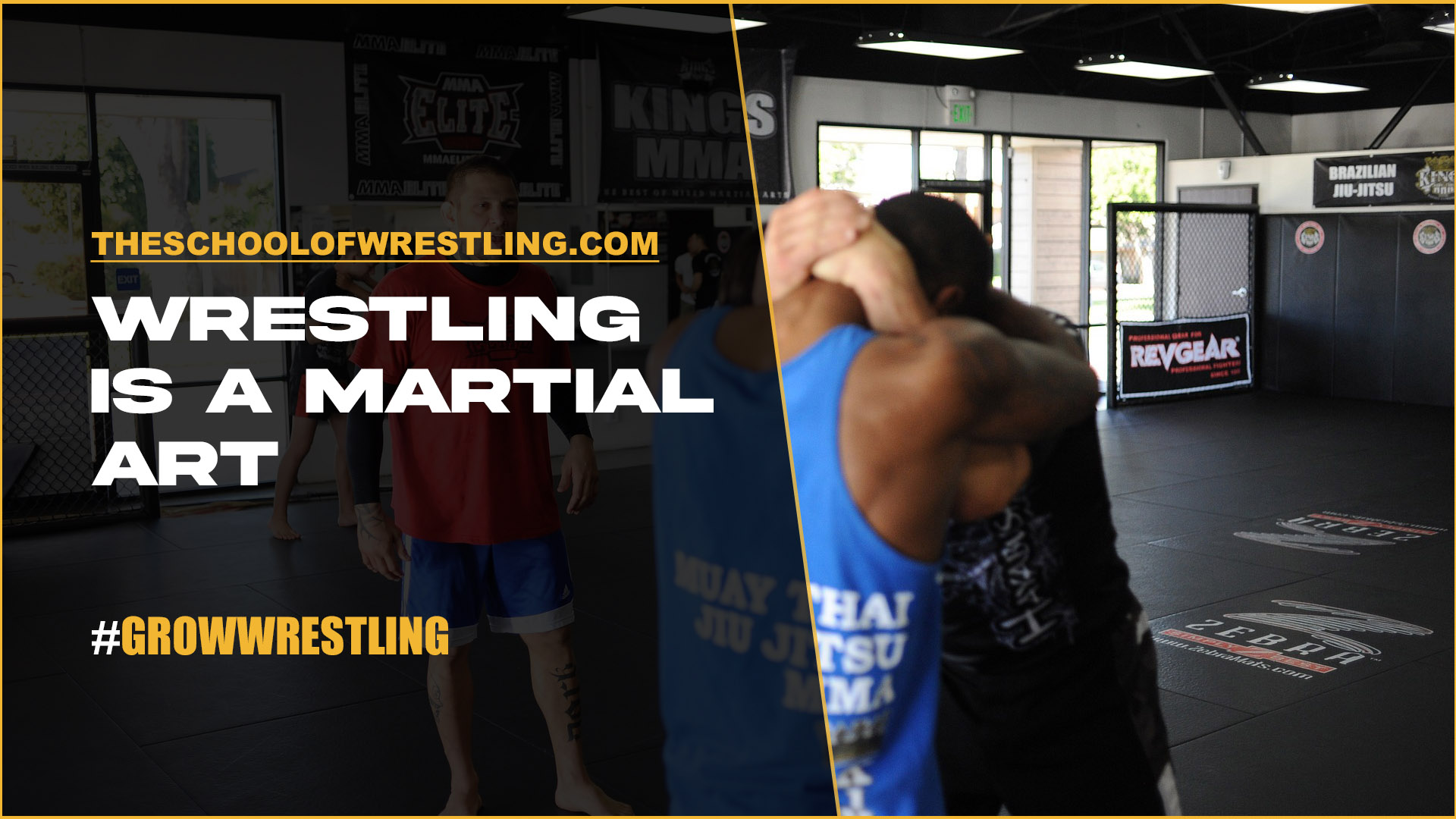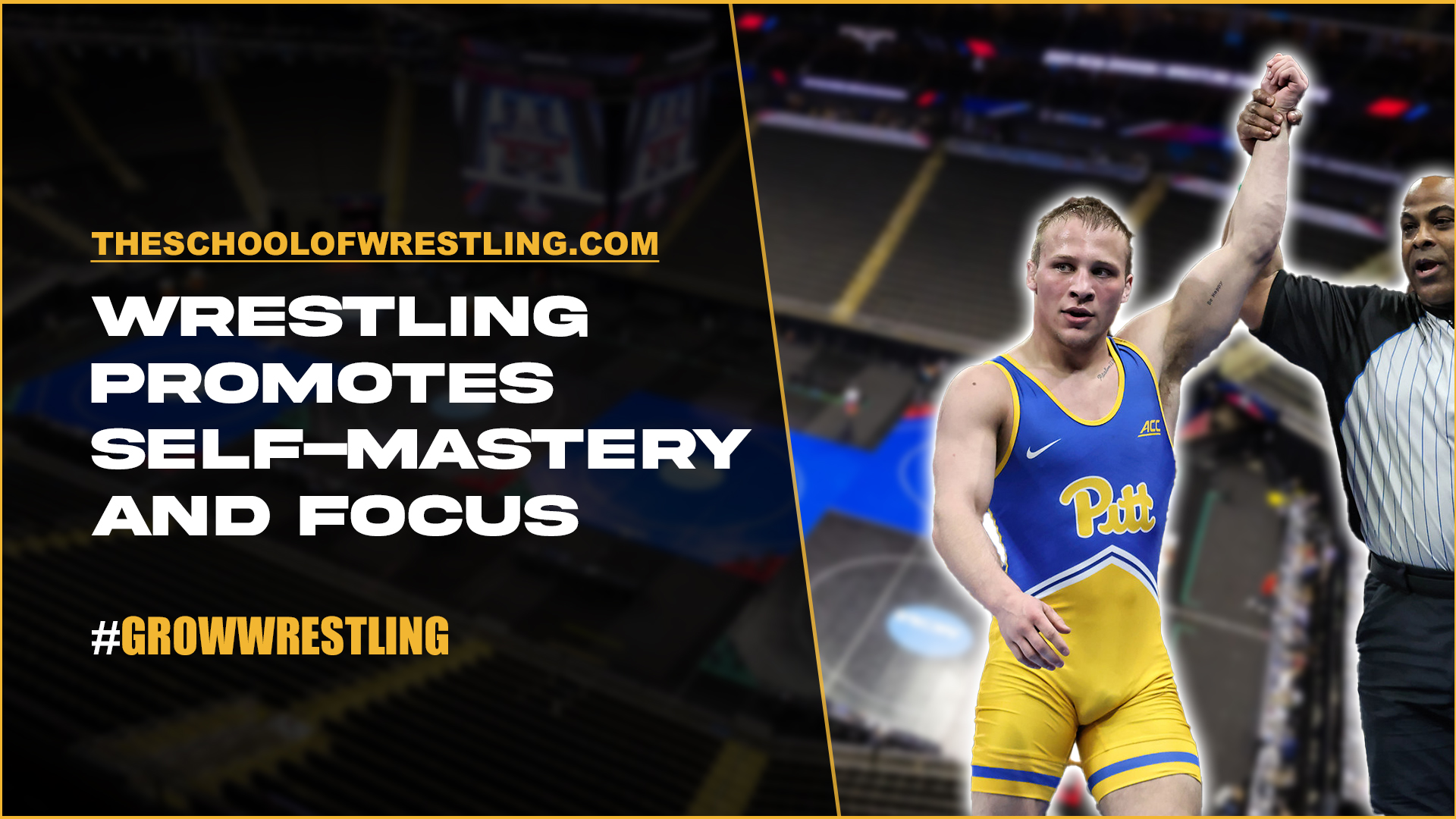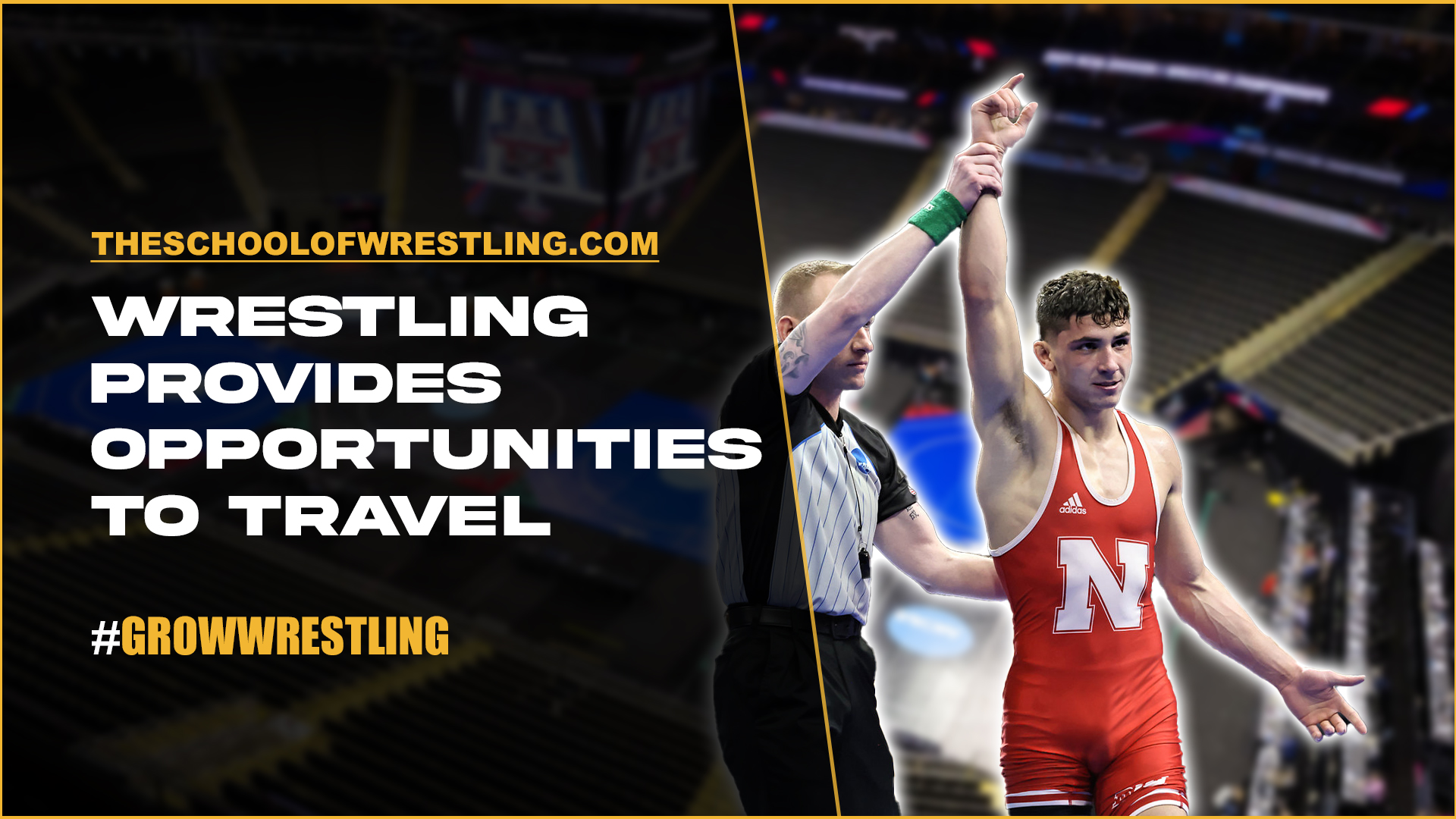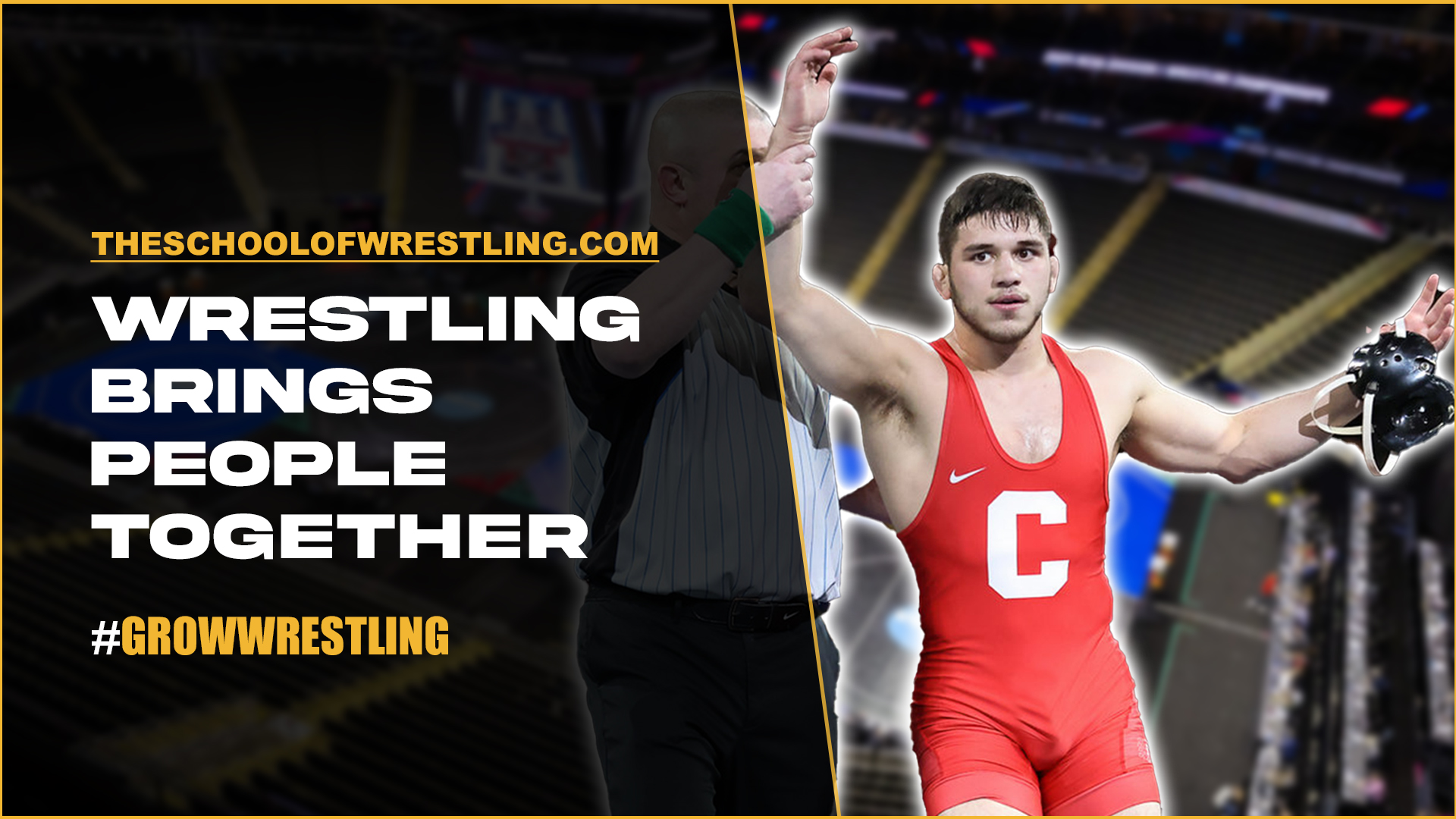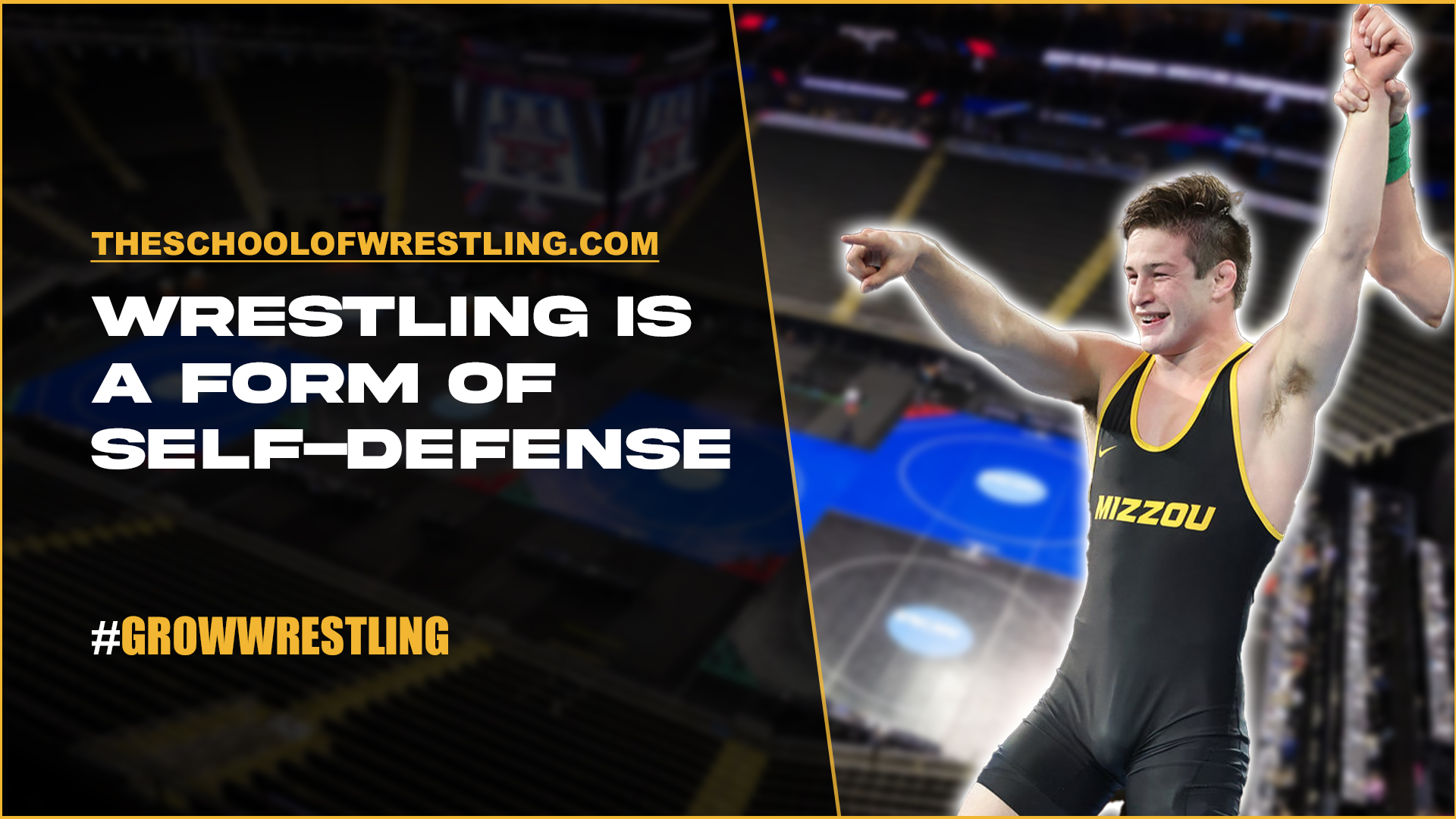Wrestling develops leadership skills in athletes, making it more than just a sport but an activity that extends into many areas of life. Beyond the mat, wrestling cultivates qualities like responsibility, resilience, and teamwork, which are essential for effective leadership in various aspects of life.
Here’s how wrestling helps athletes develop and hone their leadership abilities.
Setting an Example
First and foremost, wrestling encourages athletes to set an example for their peers. As wrestlers commit to rigorous training schedules, maintain discipline in diet and weight management, and demonstrate perseverance in competitions, they inspire others through their actions.
Mentoring Younger Athletes
Moreover, wrestling provides opportunities for athletes to mentor younger teammates. Experienced wrestlers often take on leadership roles within their teams, guiding and supporting newer members. This mentoring fosters empathy, patience, and the ability to motivate others, key qualities of effective leaders.
Taking Initiative
In addition, wrestling teaches athletes to take initiative. During matches and practices, wrestlers must make split-second decisions and take decisive actions. This ability to think and act quickly translates into leadership situations where assertiveness and confidence are crucial.
Communicating Effectively
Furthermore, wrestling enhances communication skills. Athletes learn to communicate with coaches, teammates, and officials during matches and training sessions. Clear and concise communication is essential for effective leadership, whether conveying strategies, motivating others, or resolving conflicts.
Handling Pressure and Adversity
Wrestling also develops the ability to handle pressure and adversity. The sport’s competitive nature requires athletes to stay composed and focused under stress. This resilience prepares wrestlers to lead confidently in challenging situations, inspiring trust and respect from their peers.
Promoting Teamwork
Moreover, wrestling promotes teamwork. While it is an individual sport in competition, wrestlers train together as a team, supporting each other’s growth and success. Leaders in wrestling understand the importance of teamwork and collaboration, leveraging collective strengths for mutual benefit.
Decision-Making Skills
Additionally, wrestling enhances decision-making skills. Wrestlers must analyze opponents’ moves, anticipate their actions, and adjust their strategies accordingly. These analytical and strategic abilities are invaluable in leadership roles, where making informed decisions is essential.
Accountability and Responsibility
Importantly, wrestling instills accountability and responsibility. Athletes are accountable for their training, performance, and adherence to team rules. Leaders in wrestling exemplify responsibility by consistently meeting expectations and holding themselves and others accountable for their actions.
Conflict Resolution
Furthermore, wrestling teaches effective conflict resolution. In a sport where competitors face intense physical and emotional challenges, wrestlers learn to manage conflicts constructively. Leaders in wrestling mediate disputes, promote understanding, and foster a positive team environment.
Building Confidence
Lastly, wrestling builds confidence. As athletes progress and achieve their goals, they gain self-assurance in their abilities. Confident leaders in wrestling inspire trust and motivate others to strive for excellence, creating a supportive and successful team dynamic.
Wrestling develops leadership skills by fostering qualities such as setting an example, mentoring, initiative, effective communication, resilience under pressure, teamwork, decision-making, accountability, conflict resolution, and confidence. These skills are not only valuable on the wrestling mat but also in academics, careers, and personal relationships. Wrestling cultivates leaders who are capable, adaptable, and equipped to positively influence others, making a lasting impact in their communities and beyond.
Learn more about The School of Wrestling and our unique approach to the sport, visit our technique library where we provide comprehensive education and resources for athletes, coaches, and parents.

